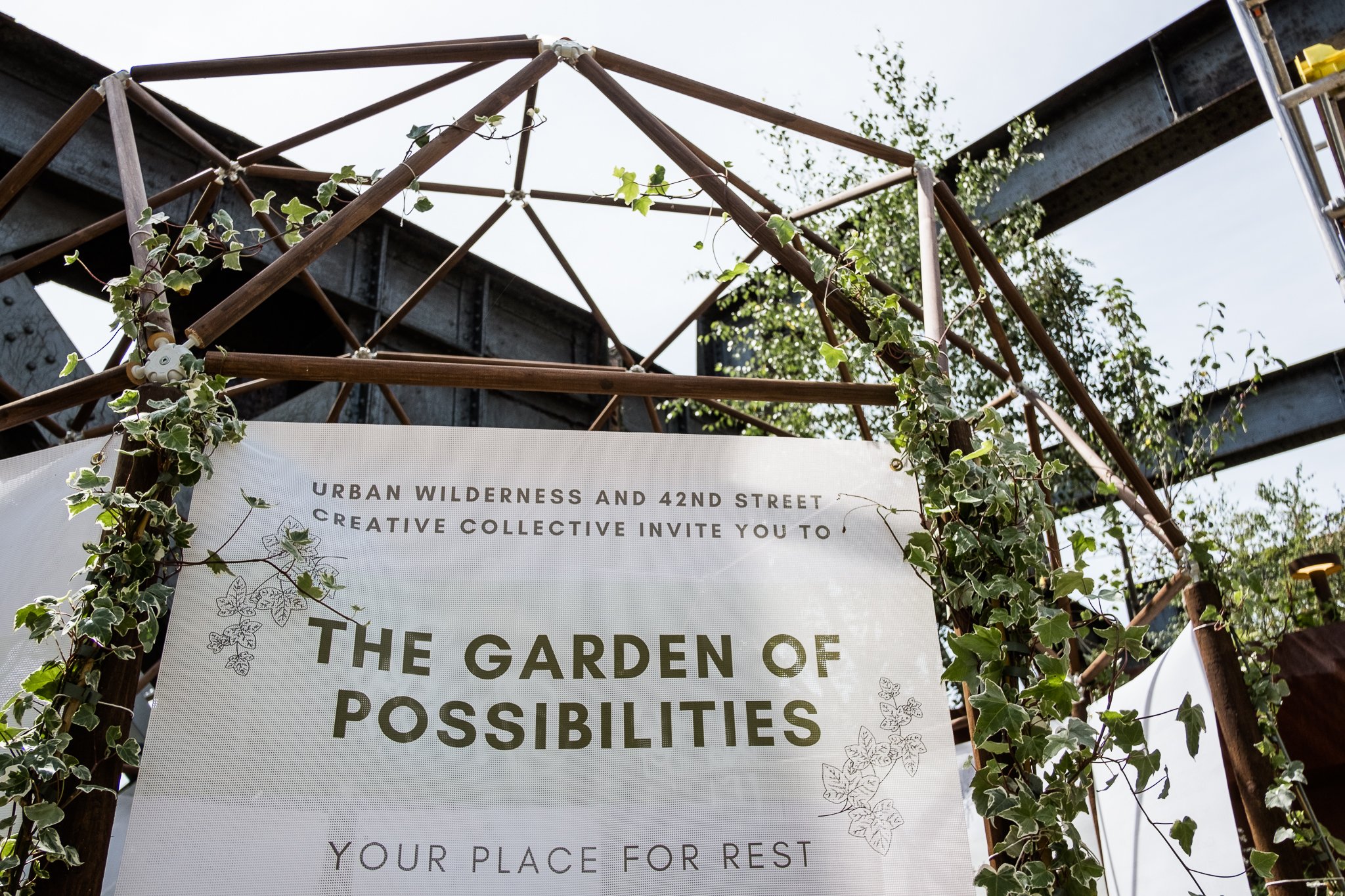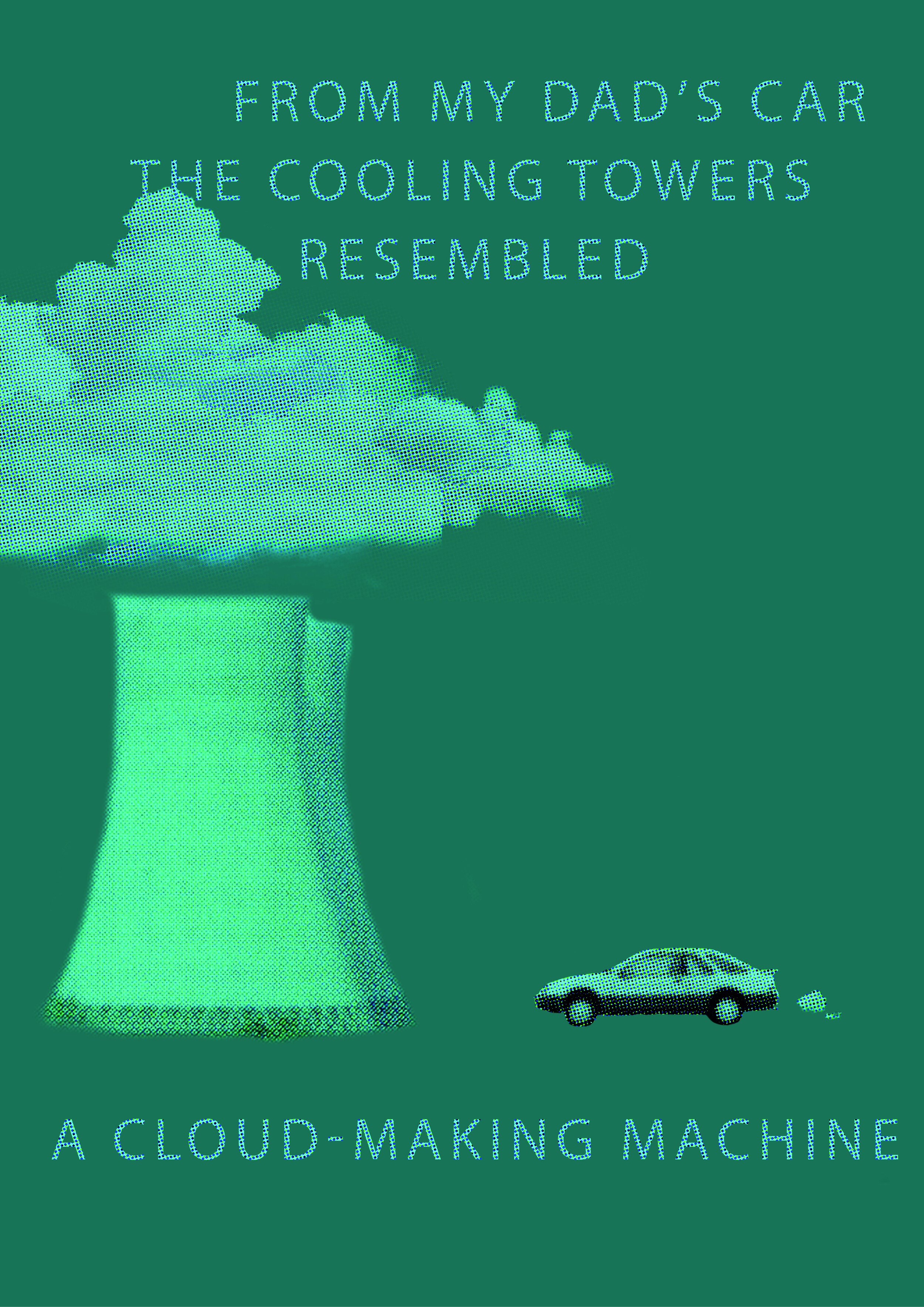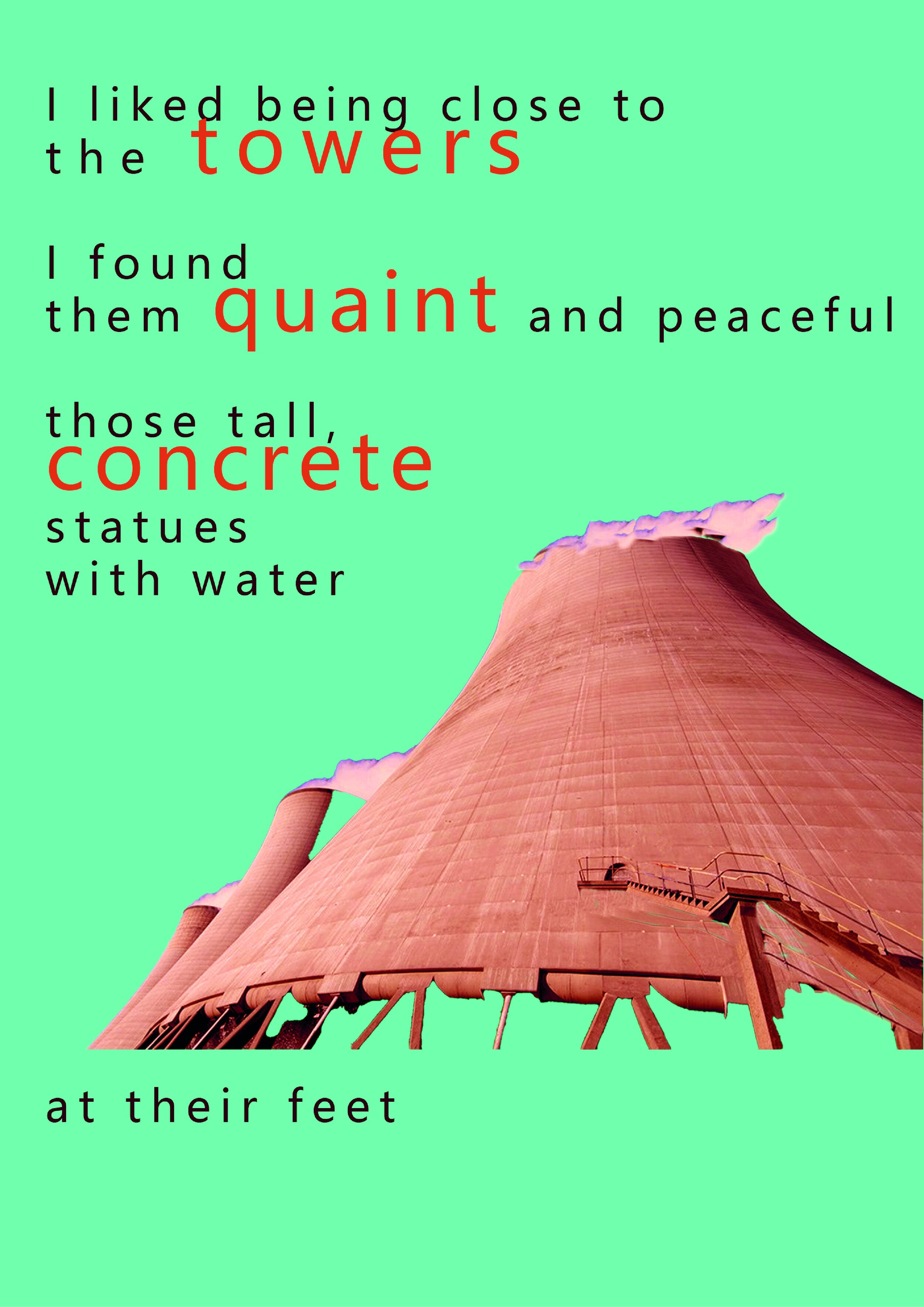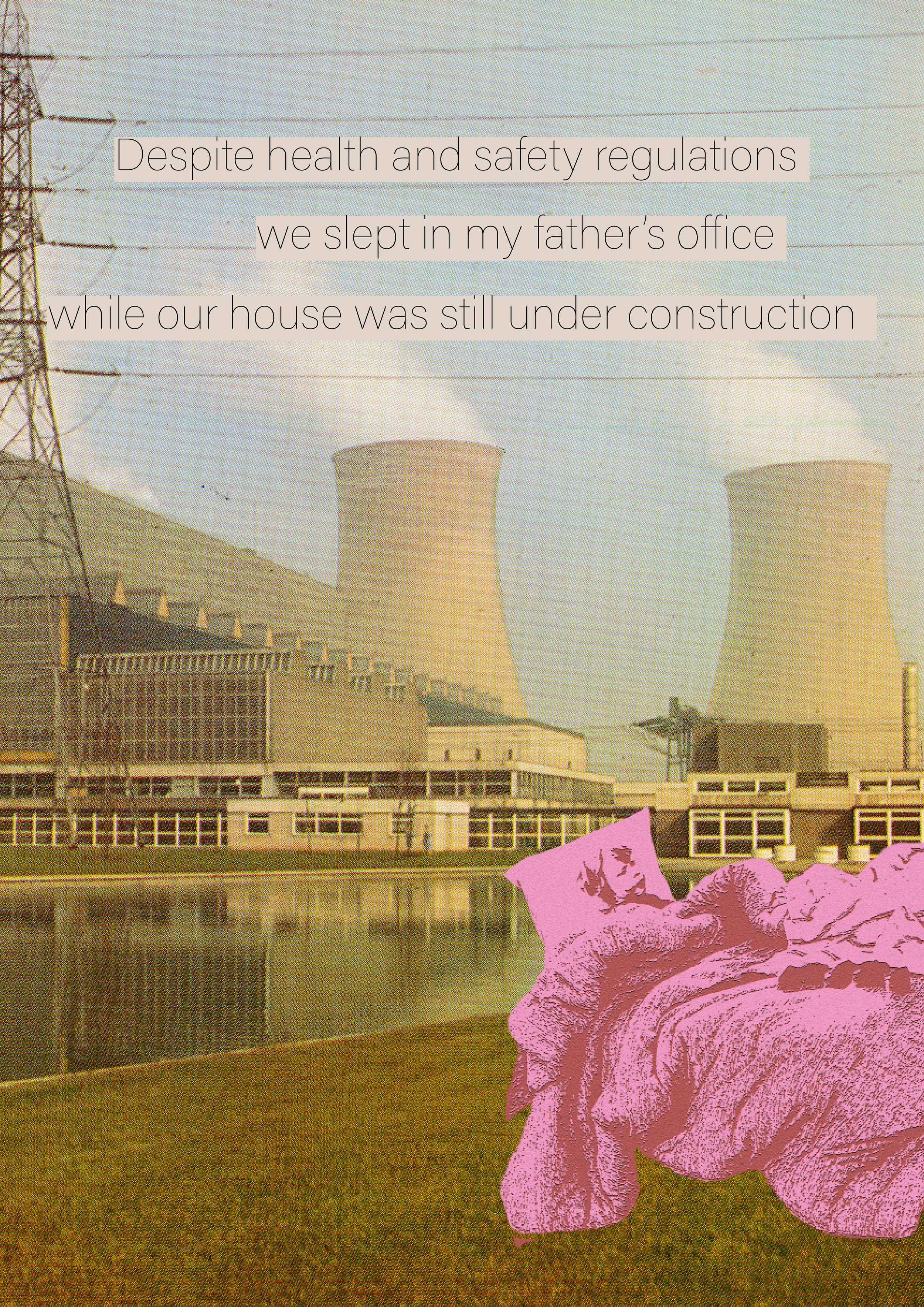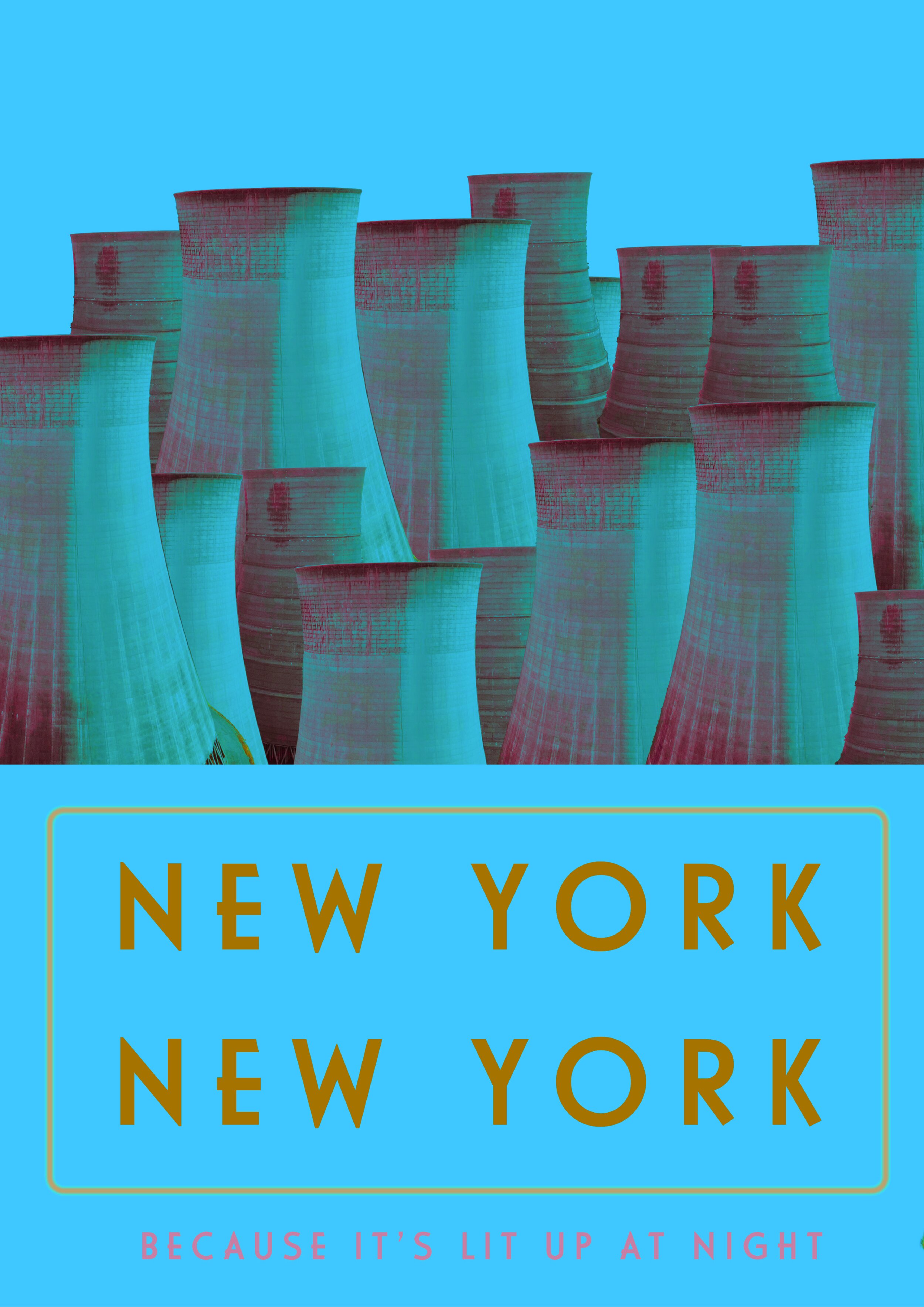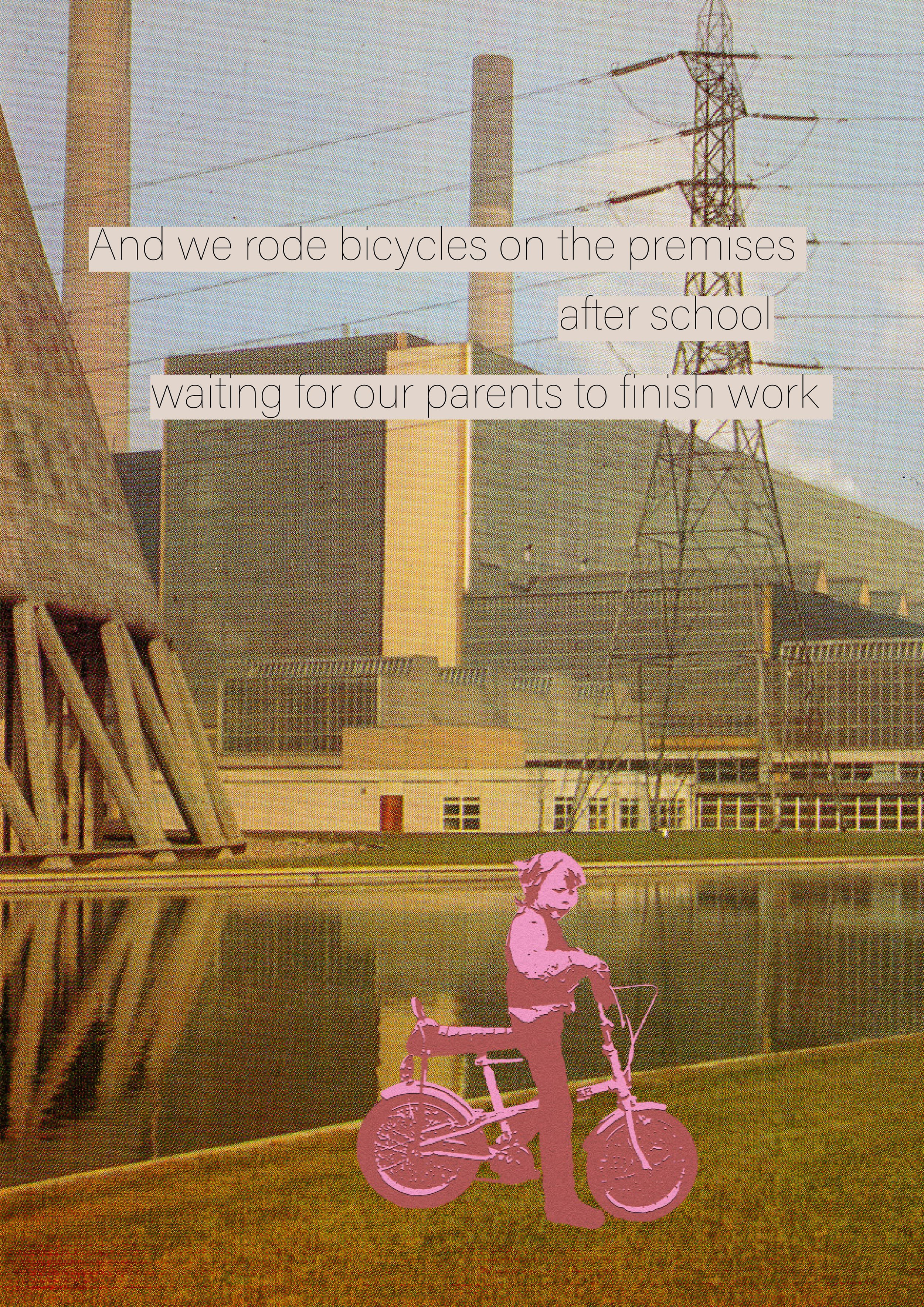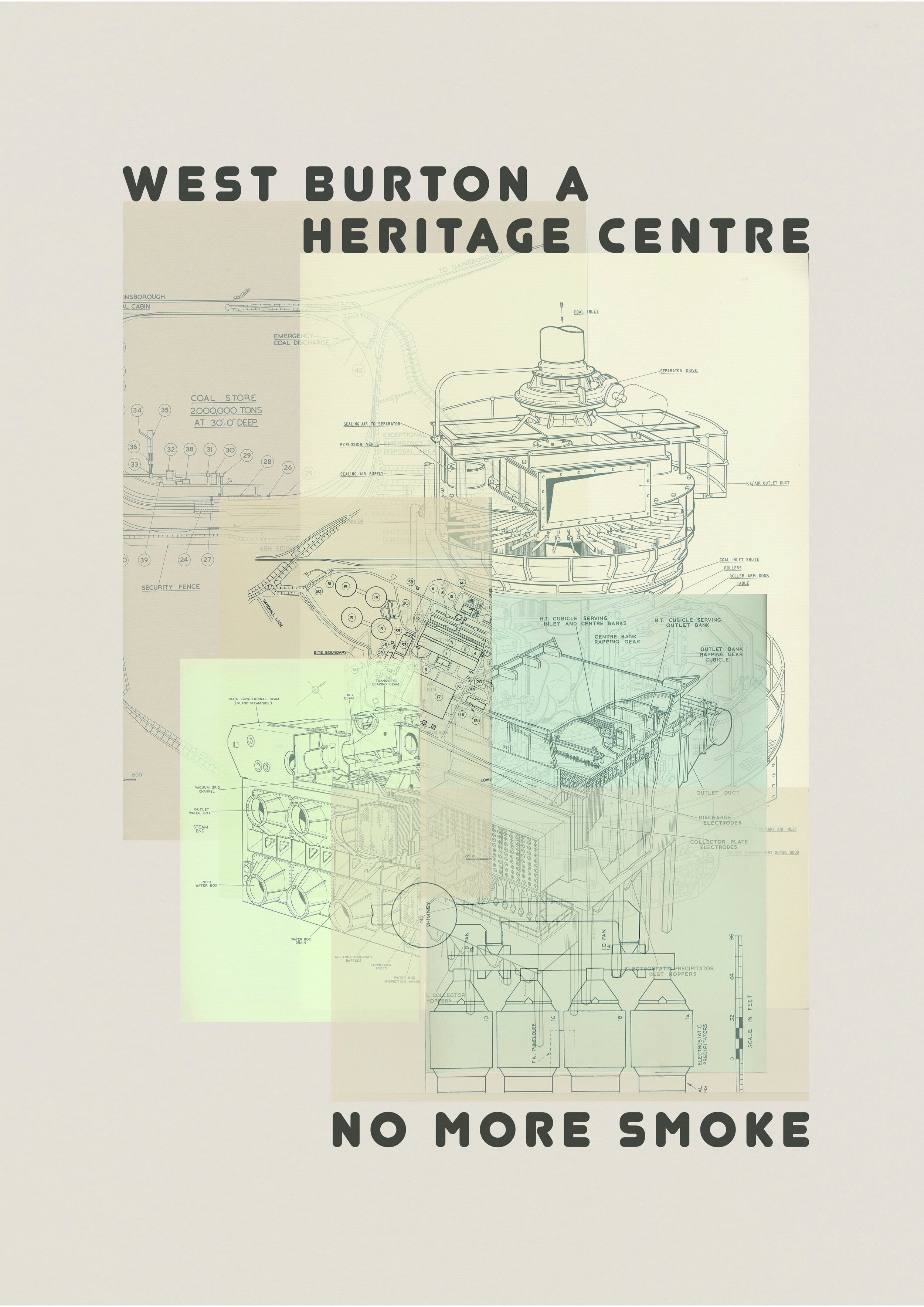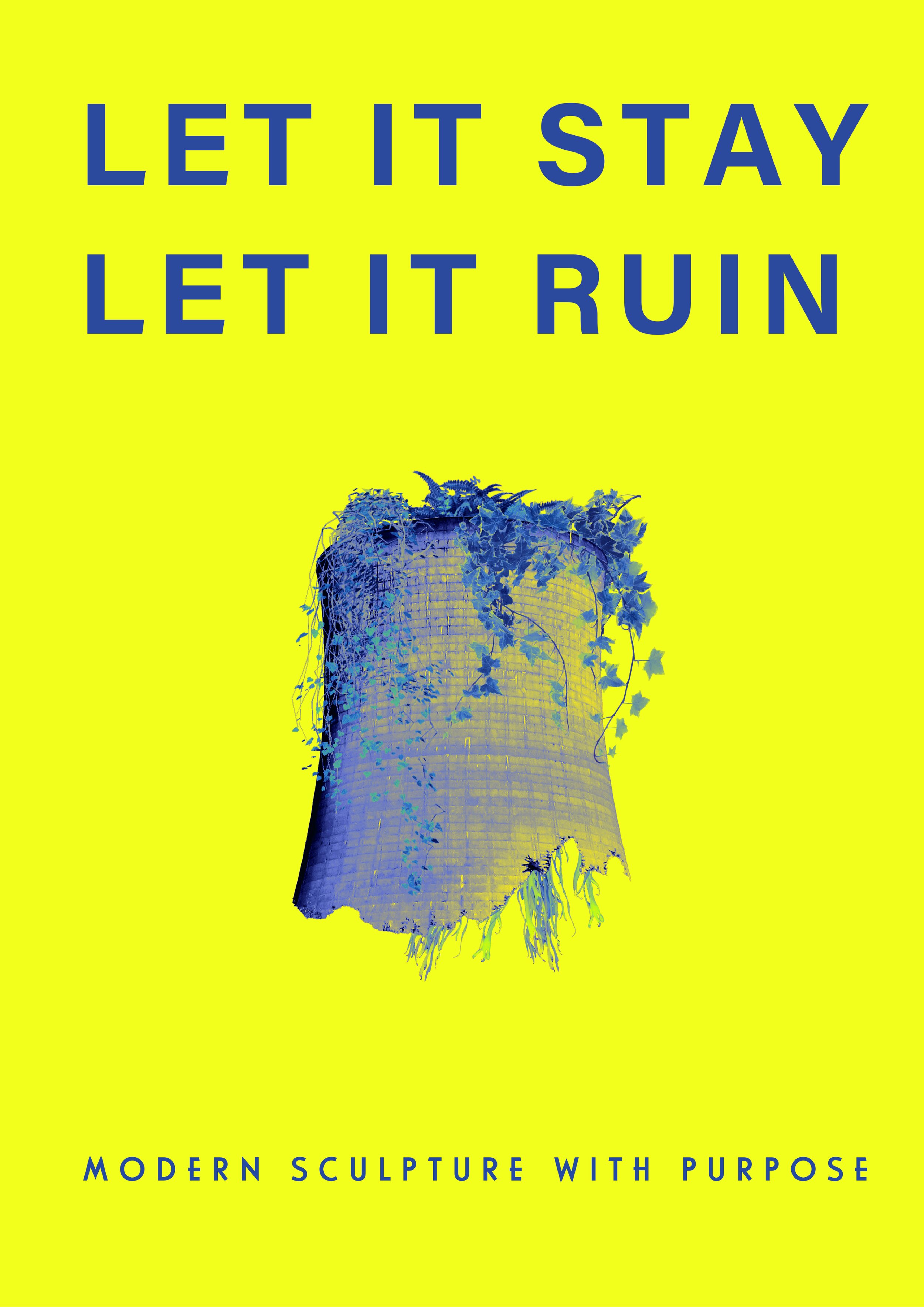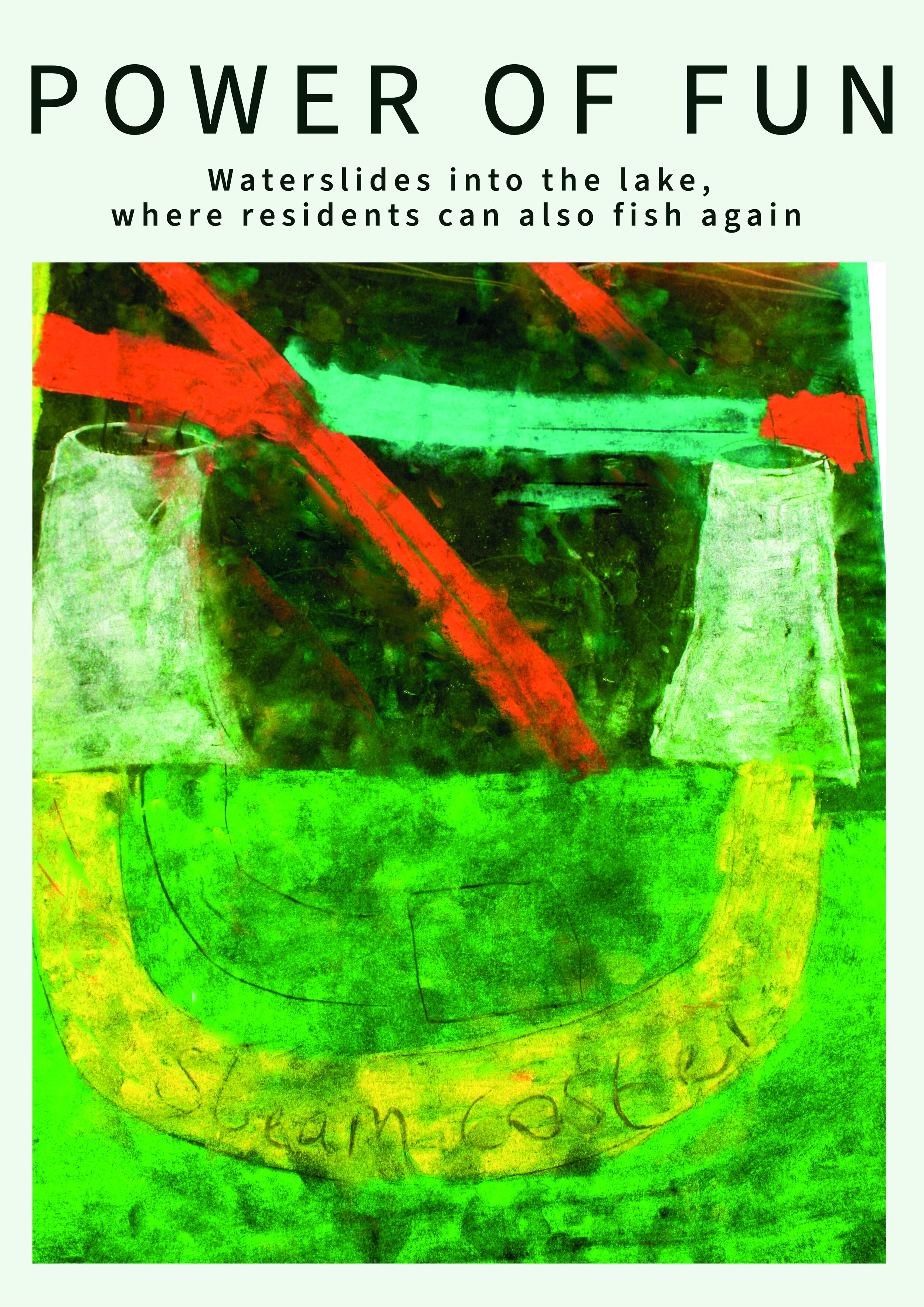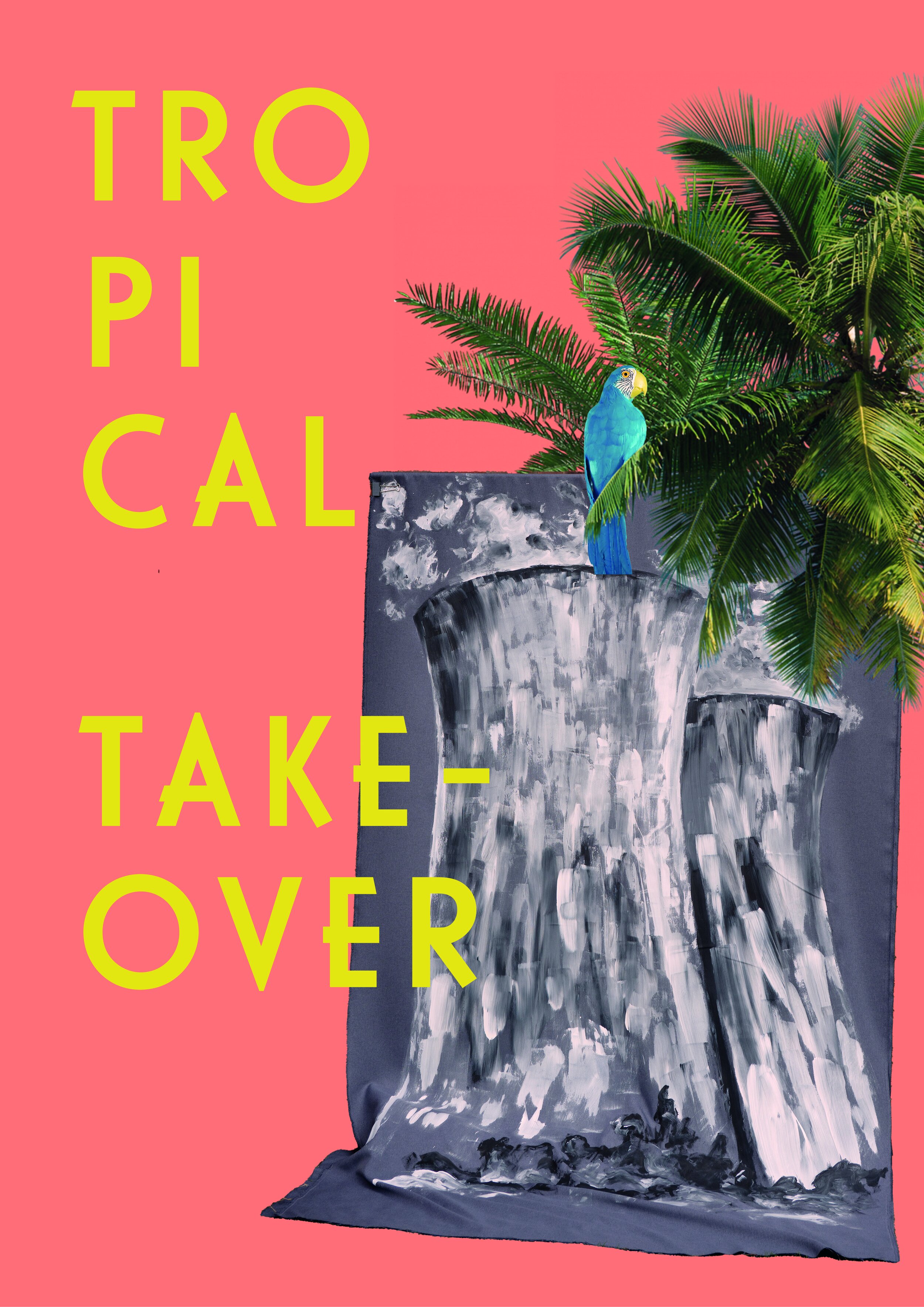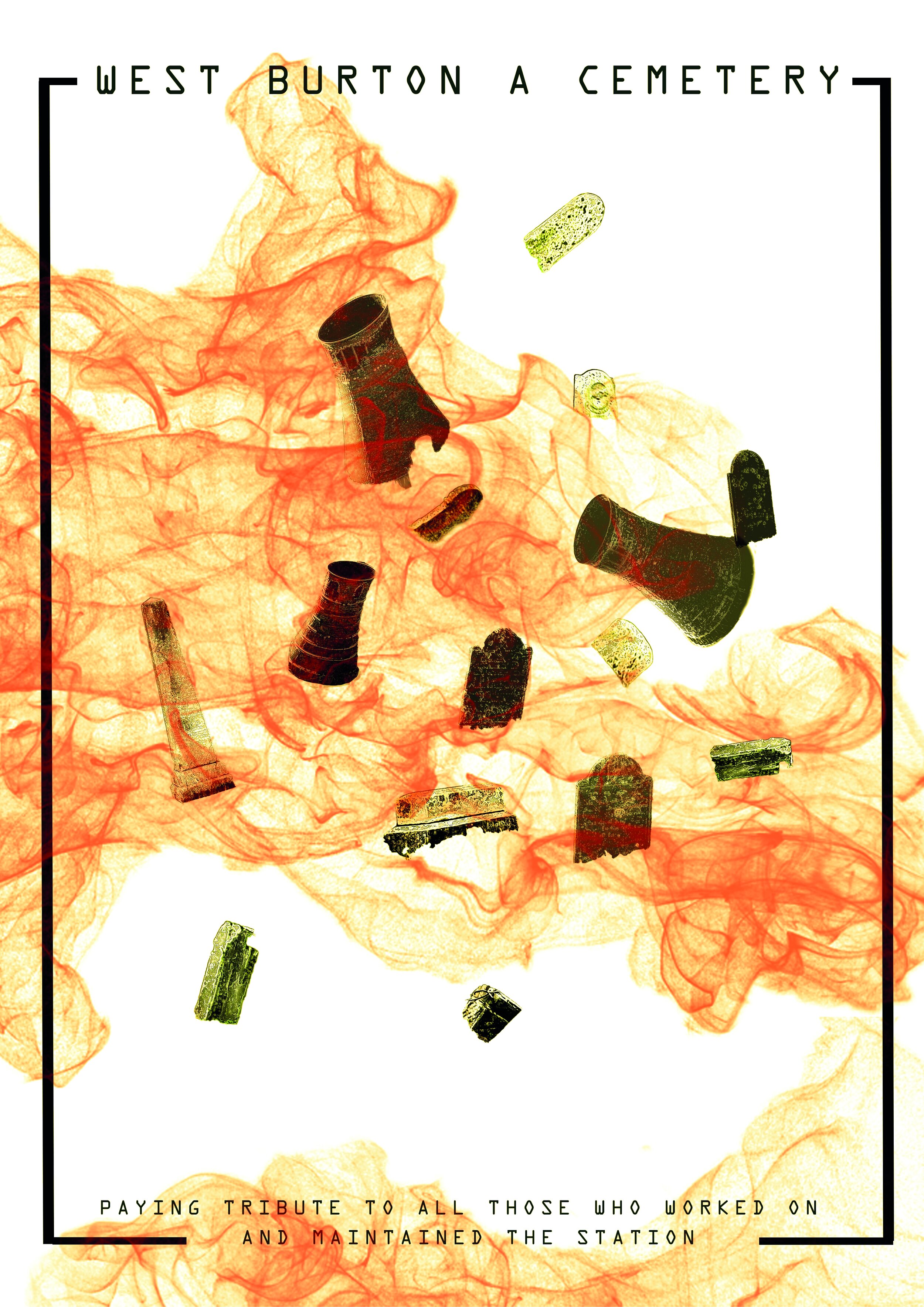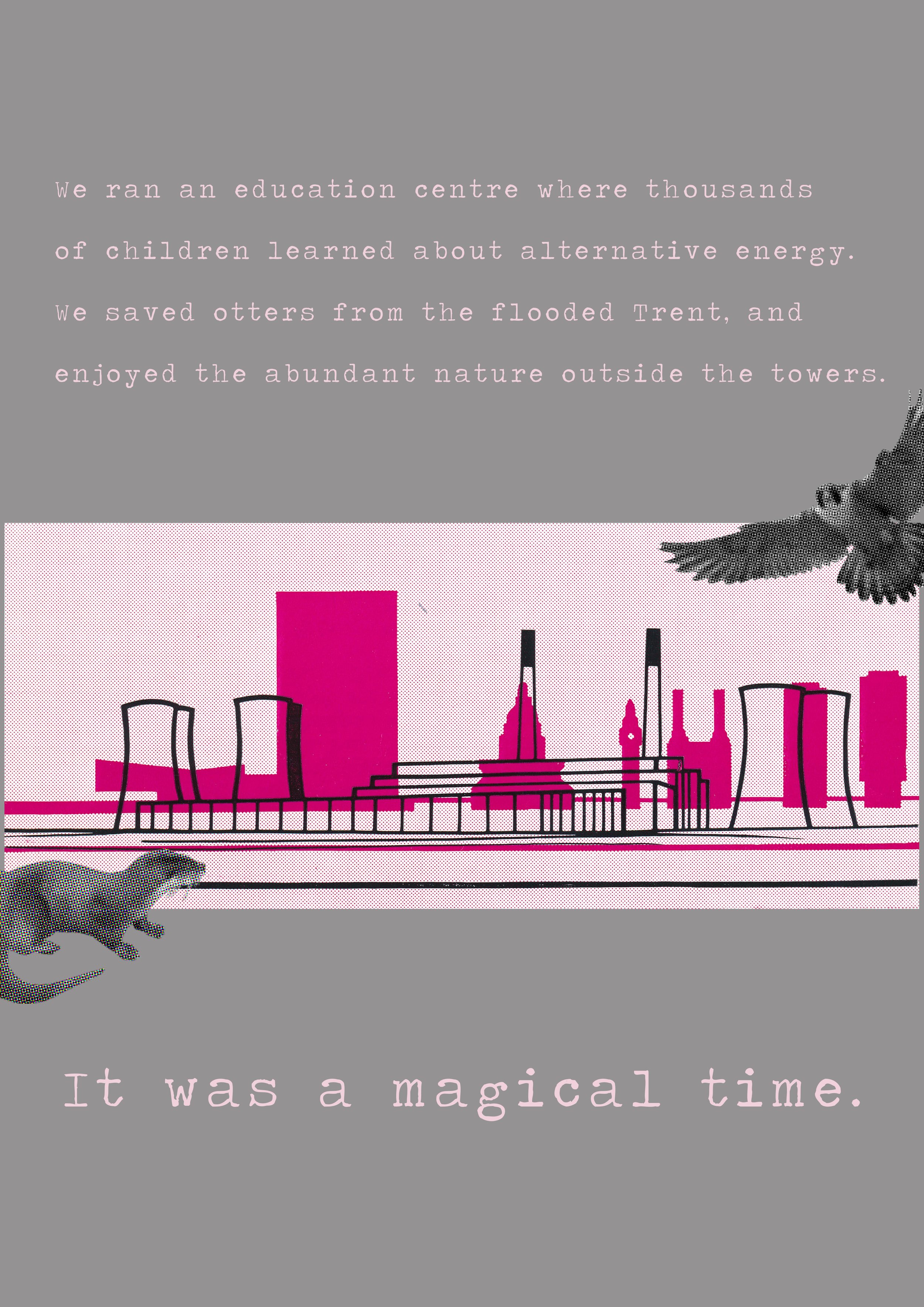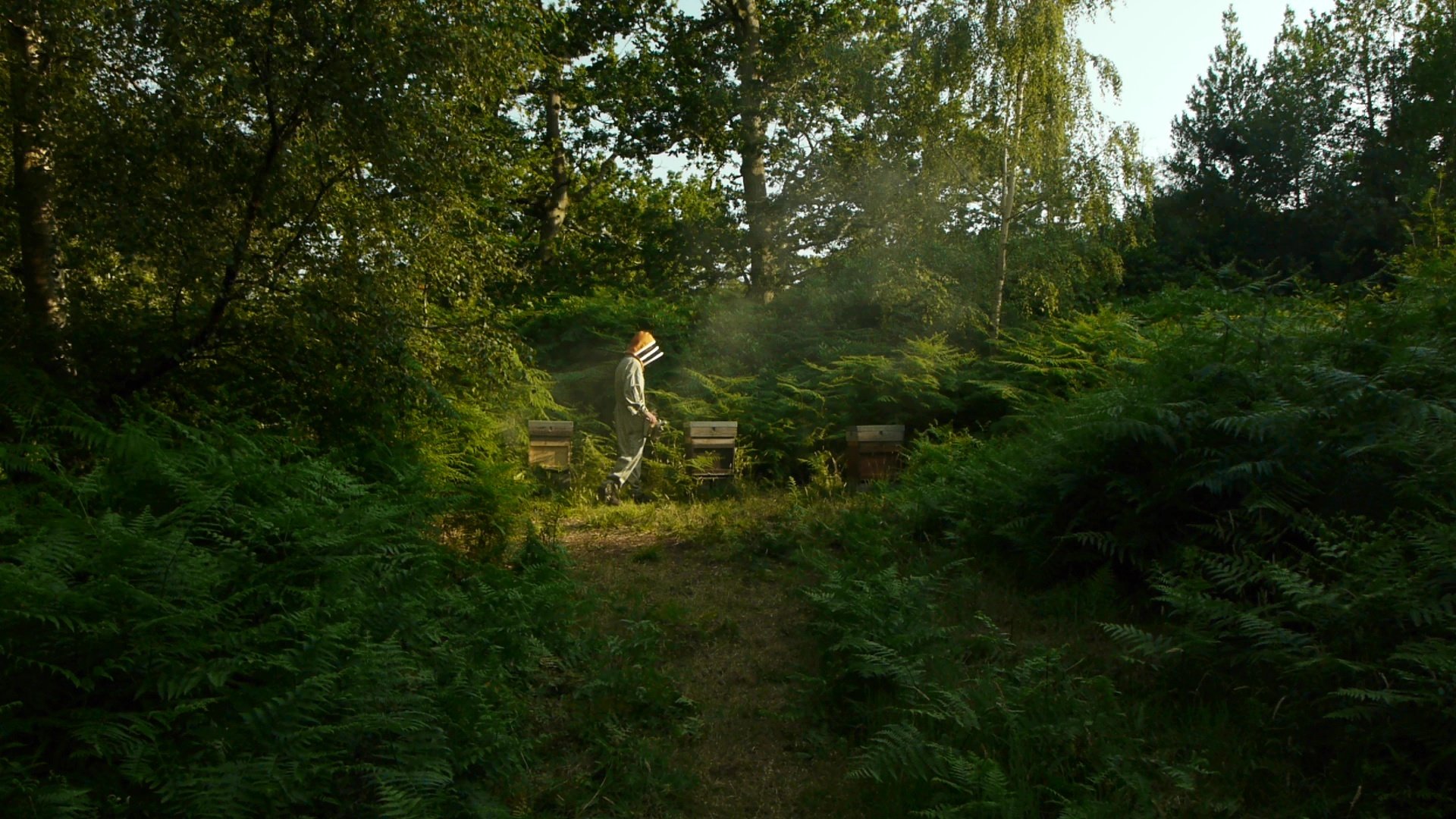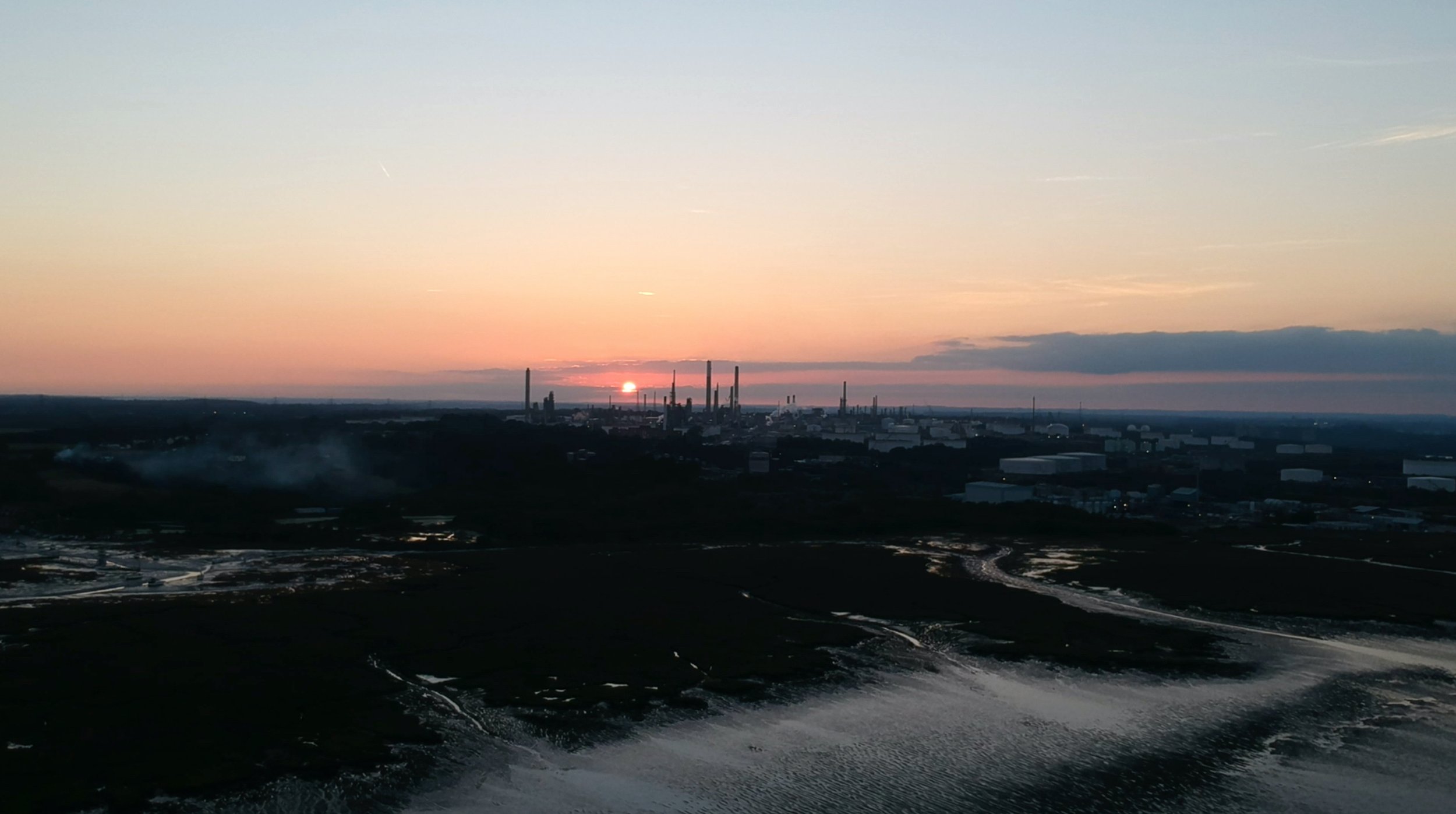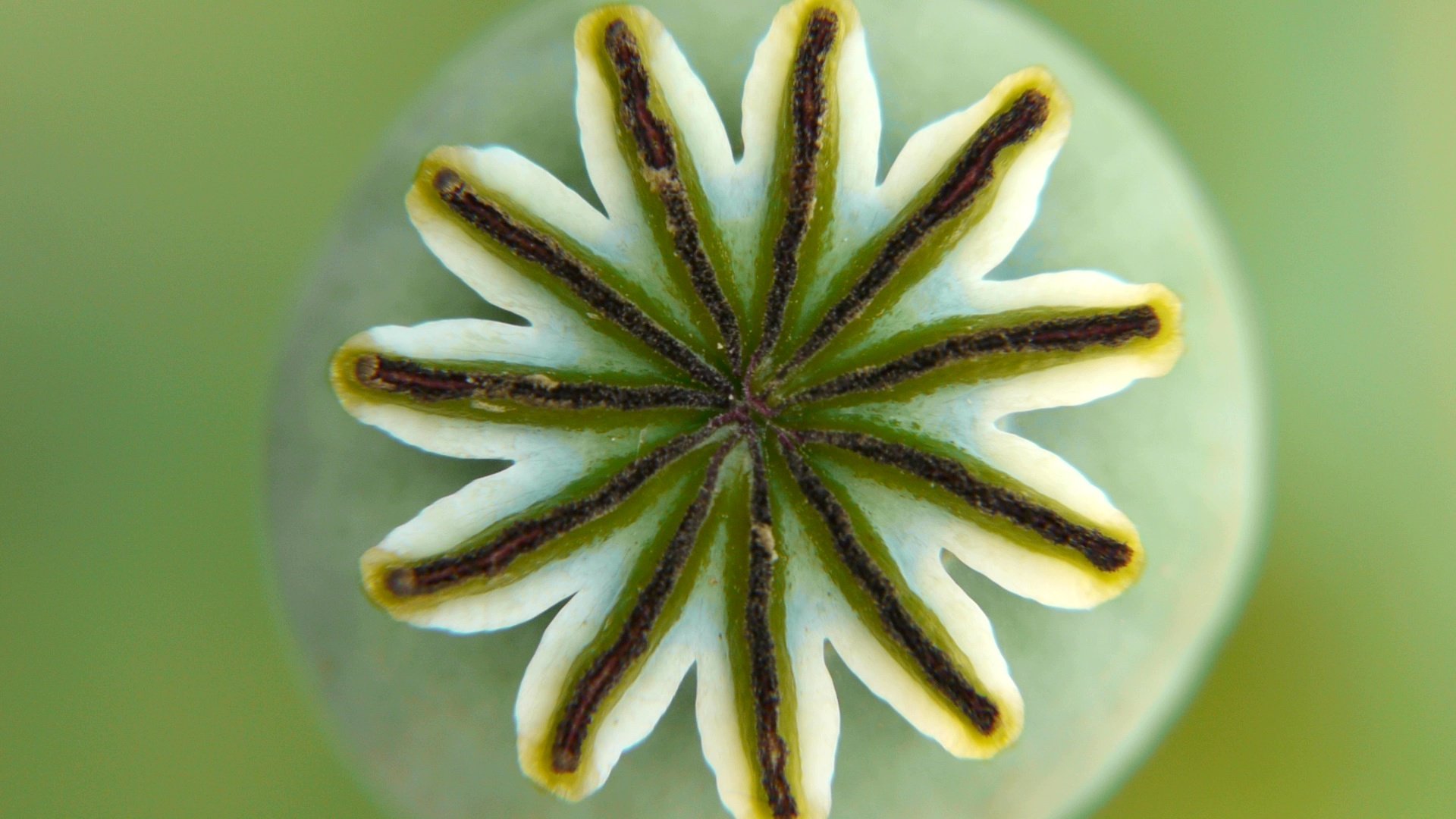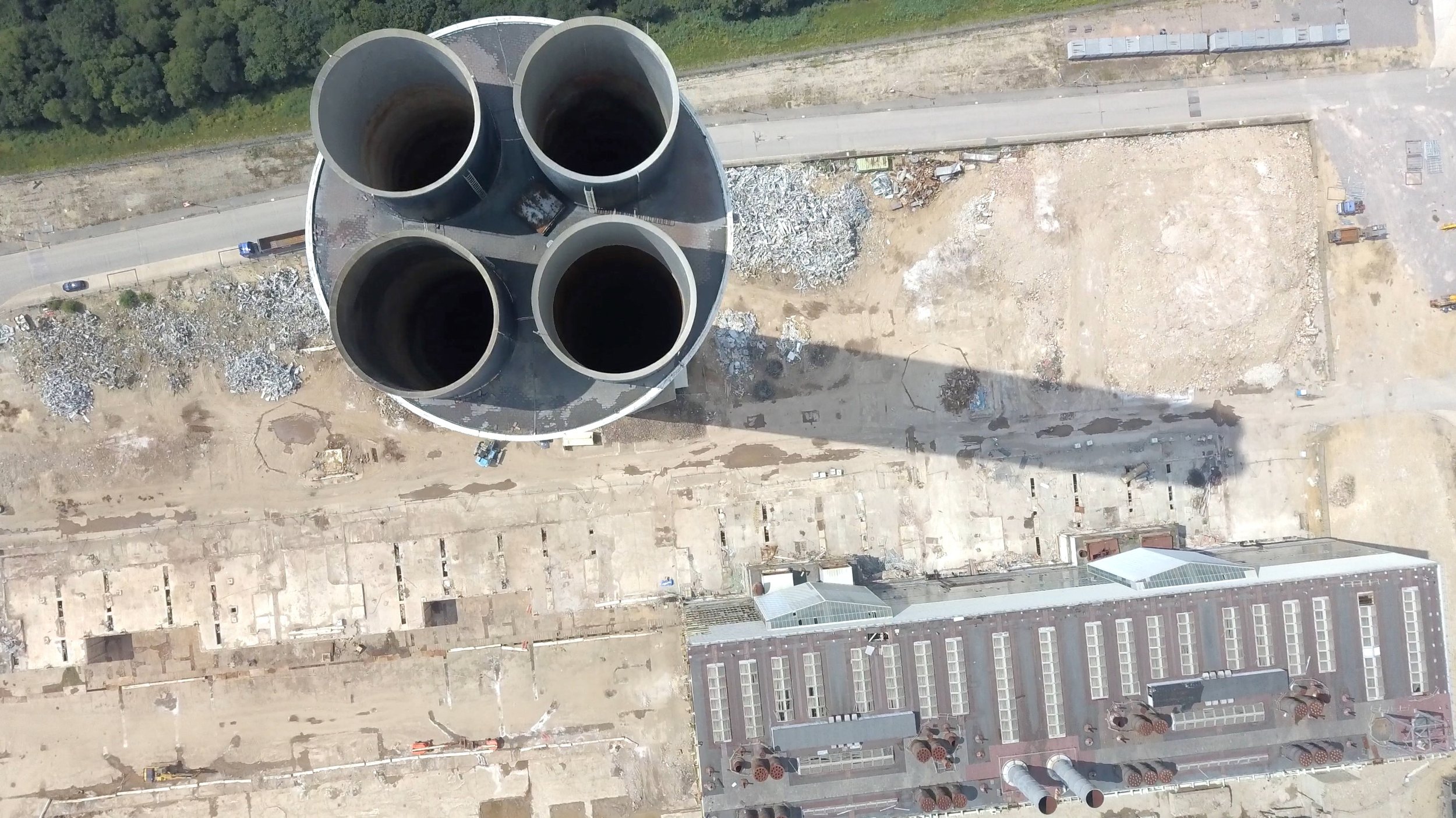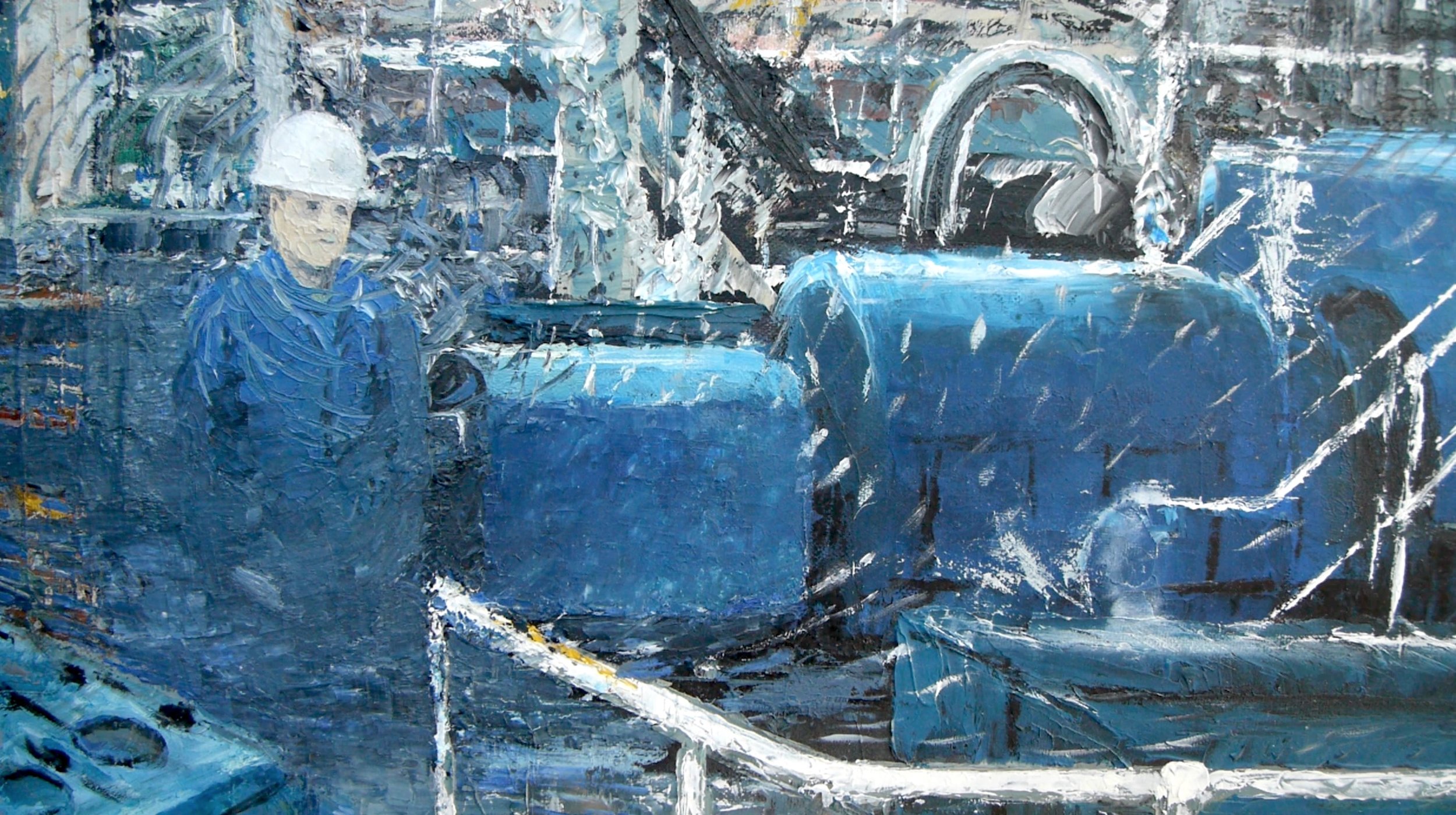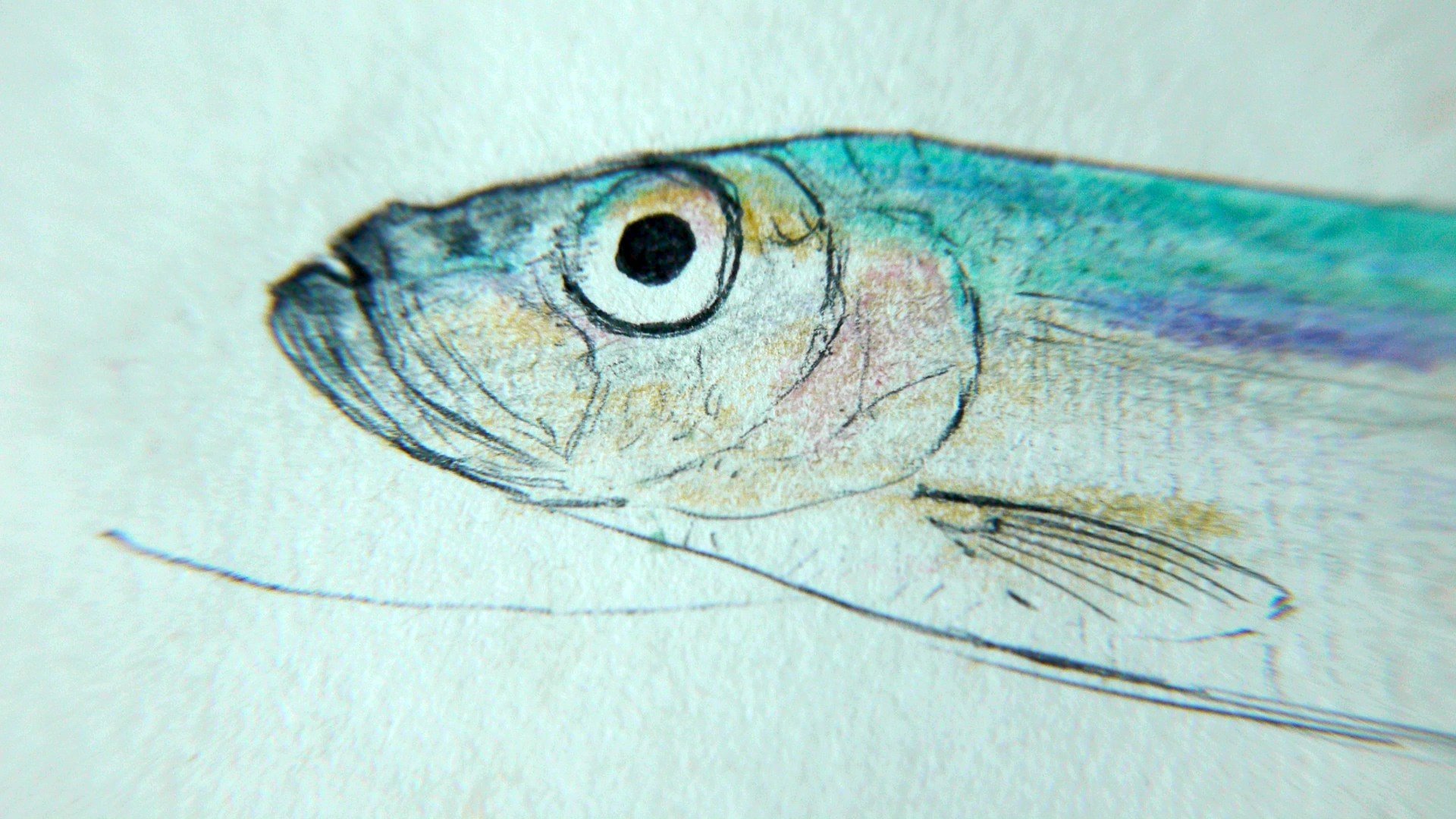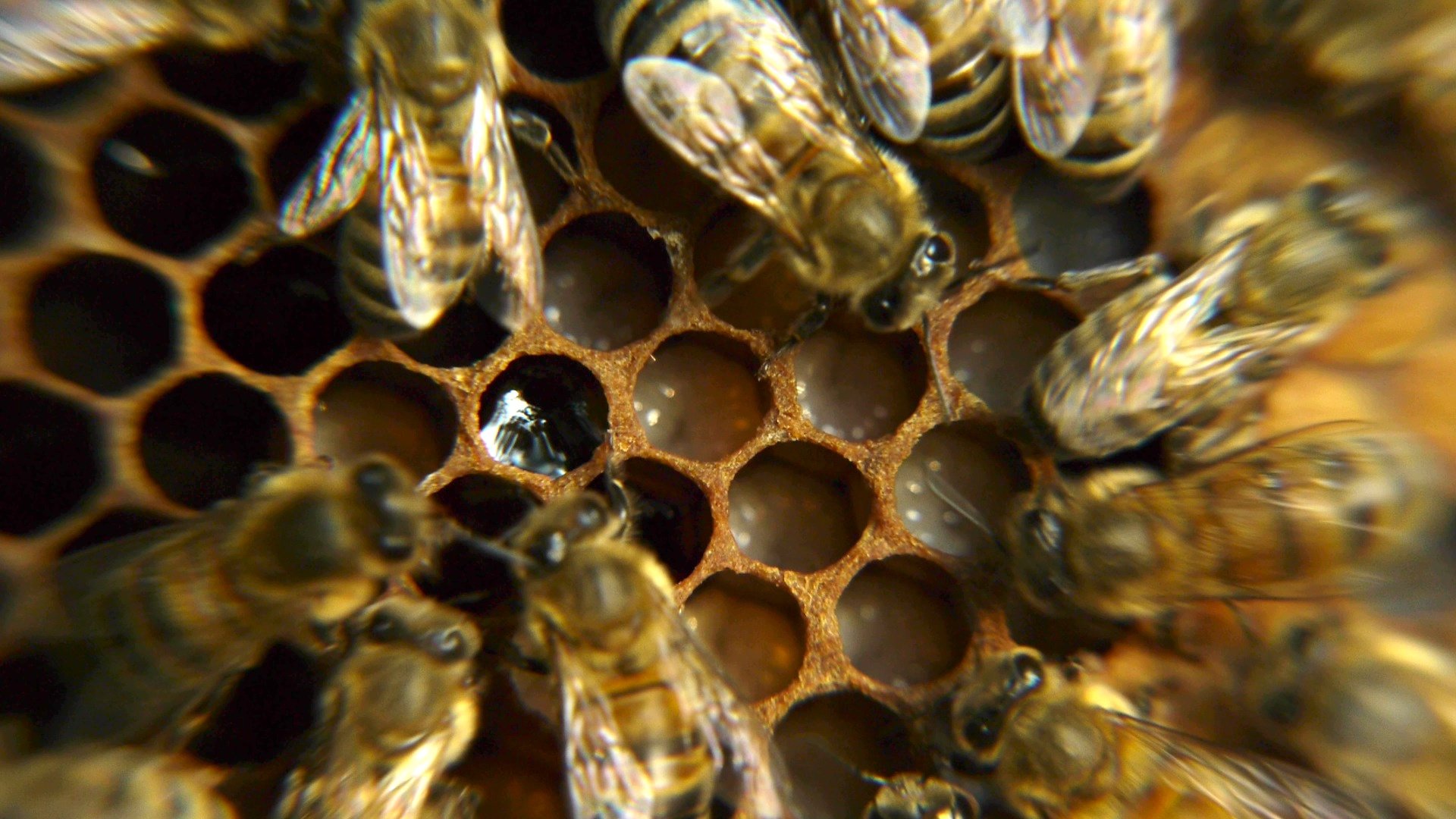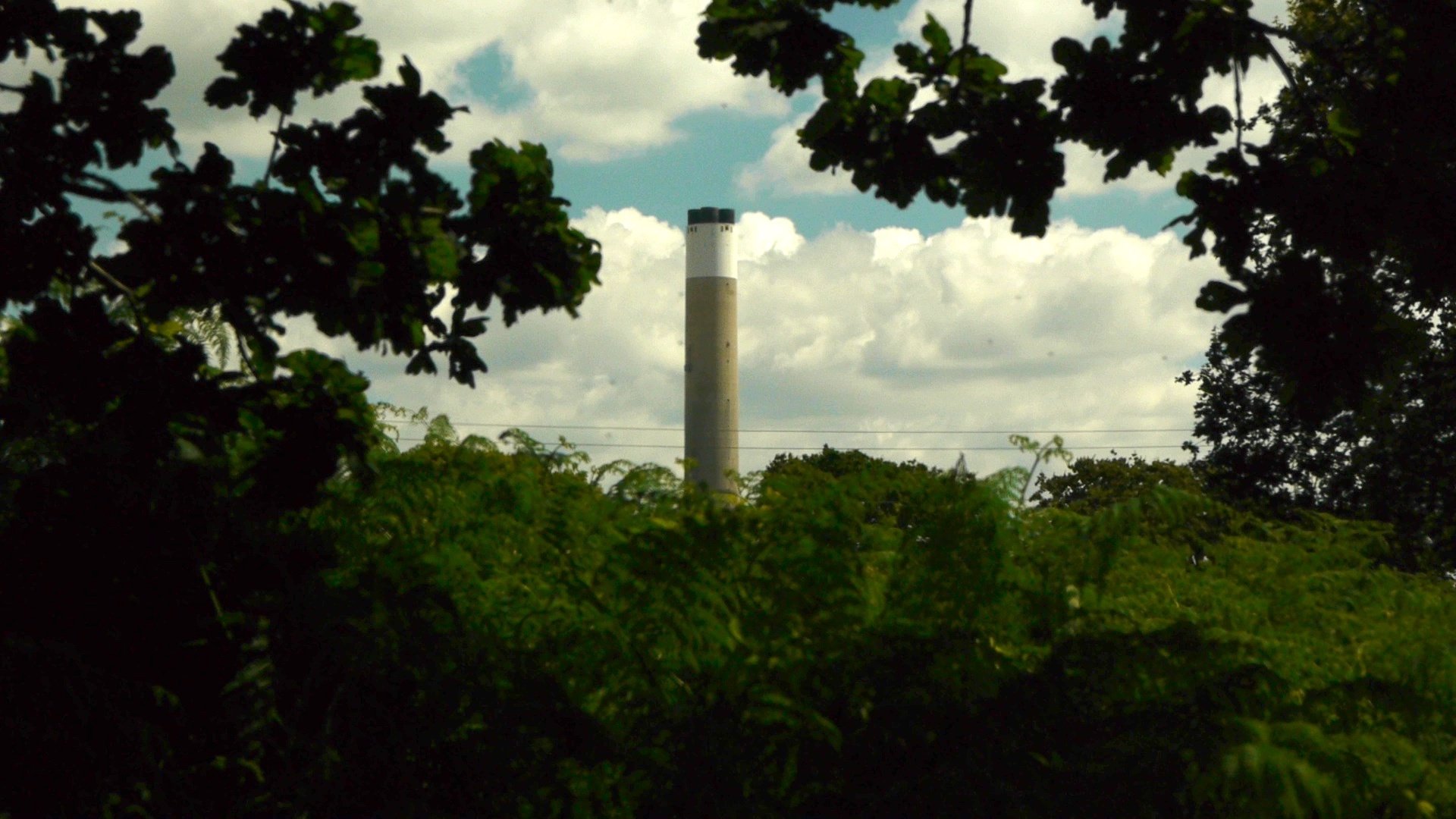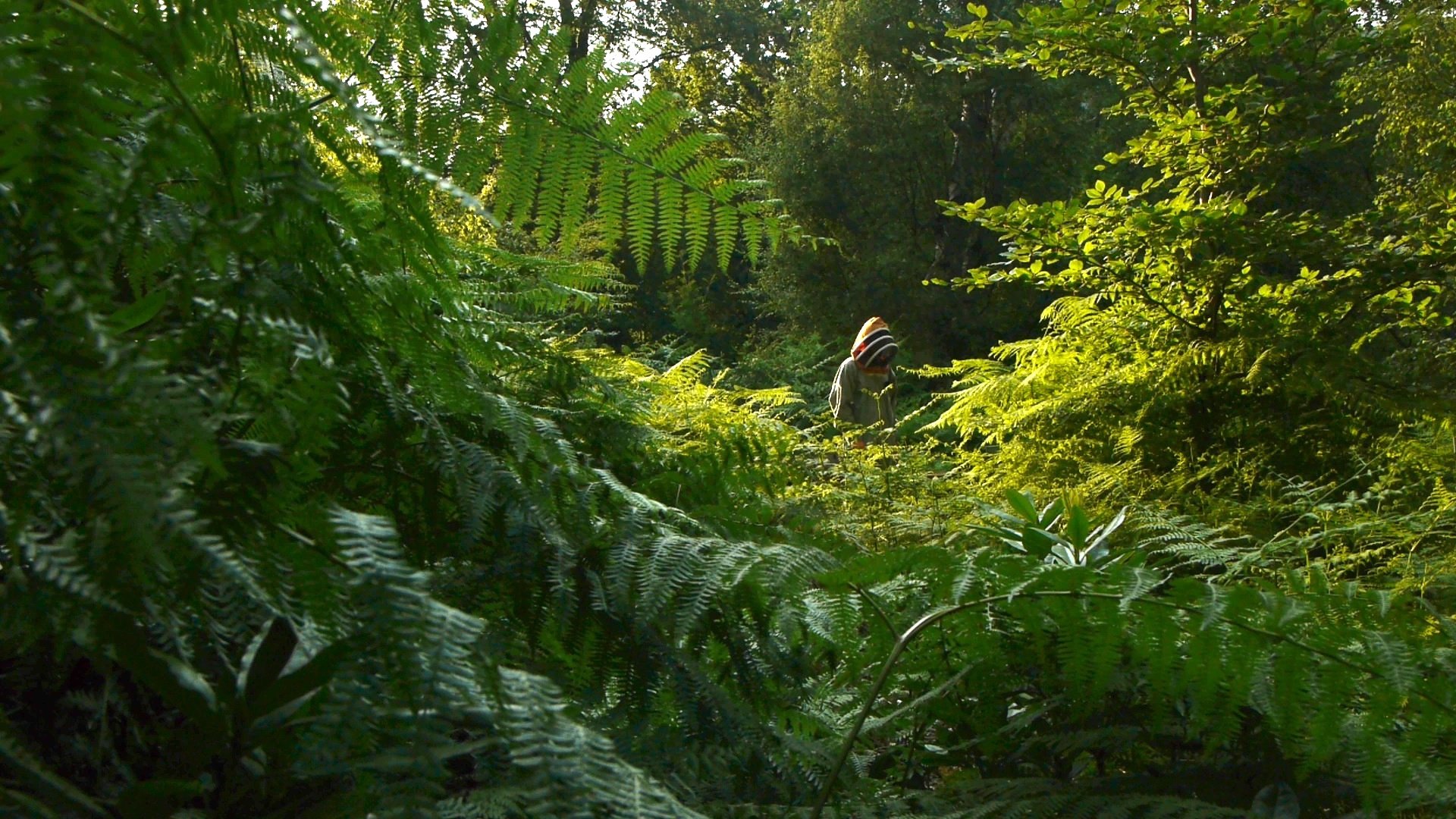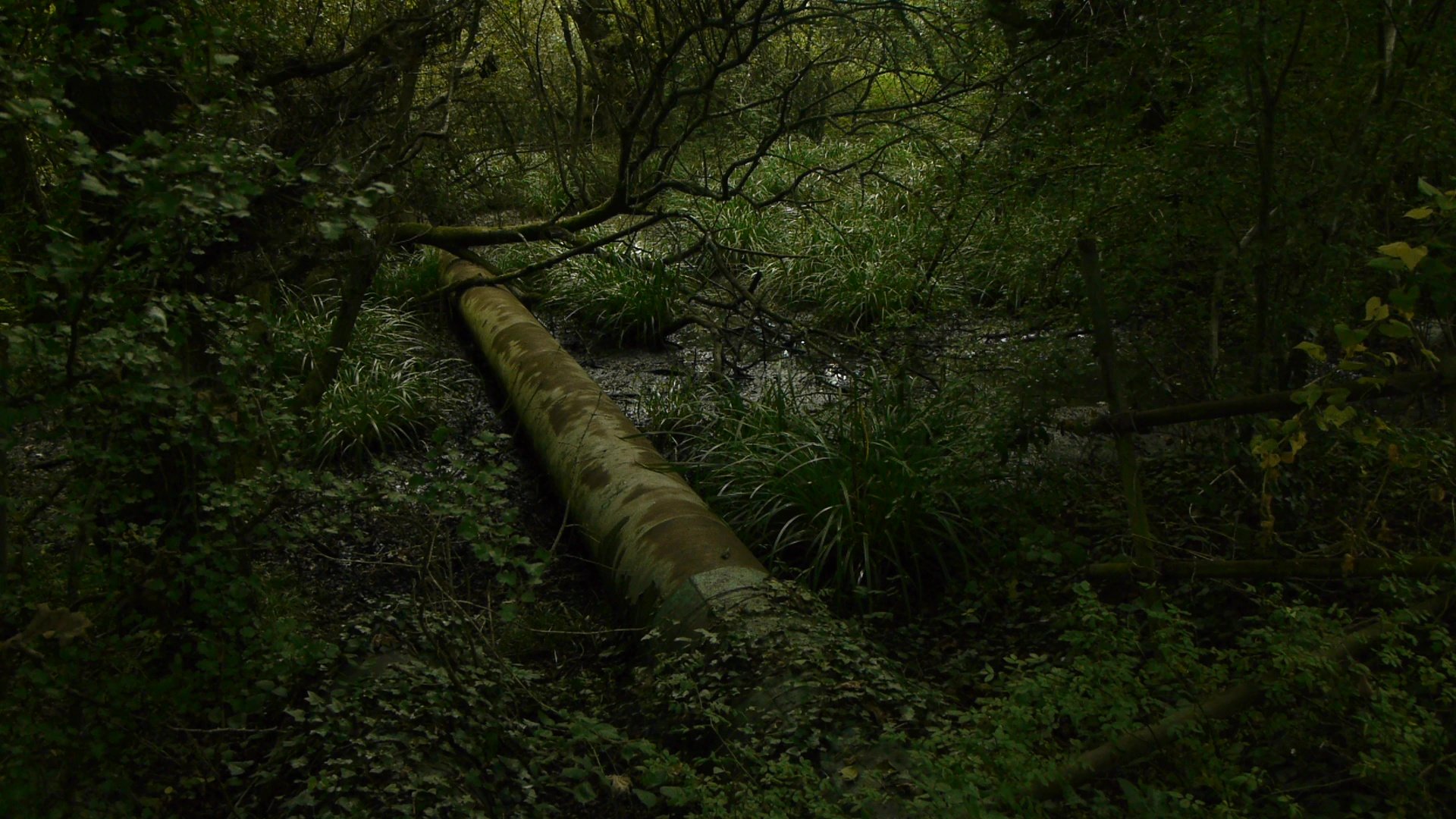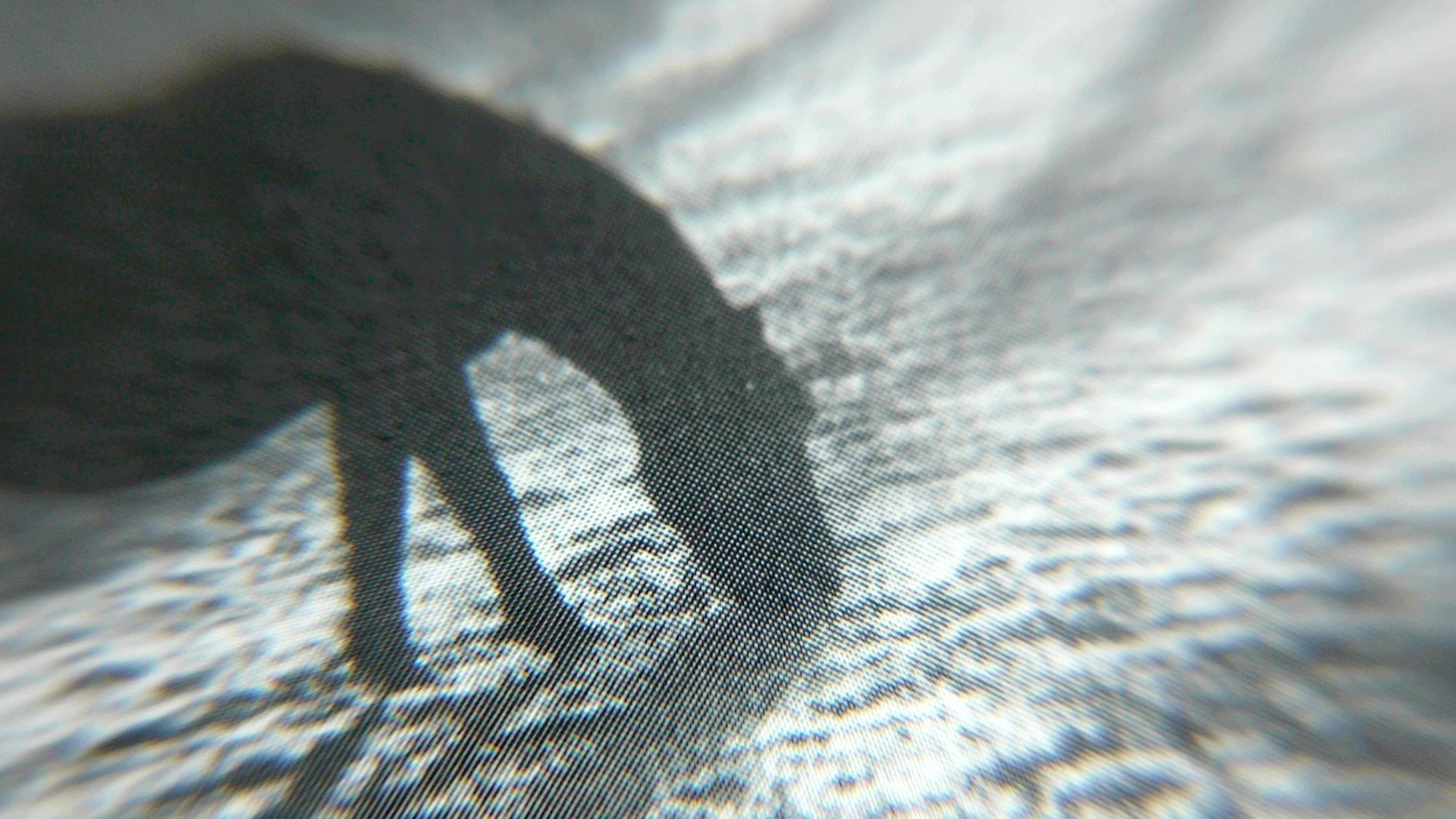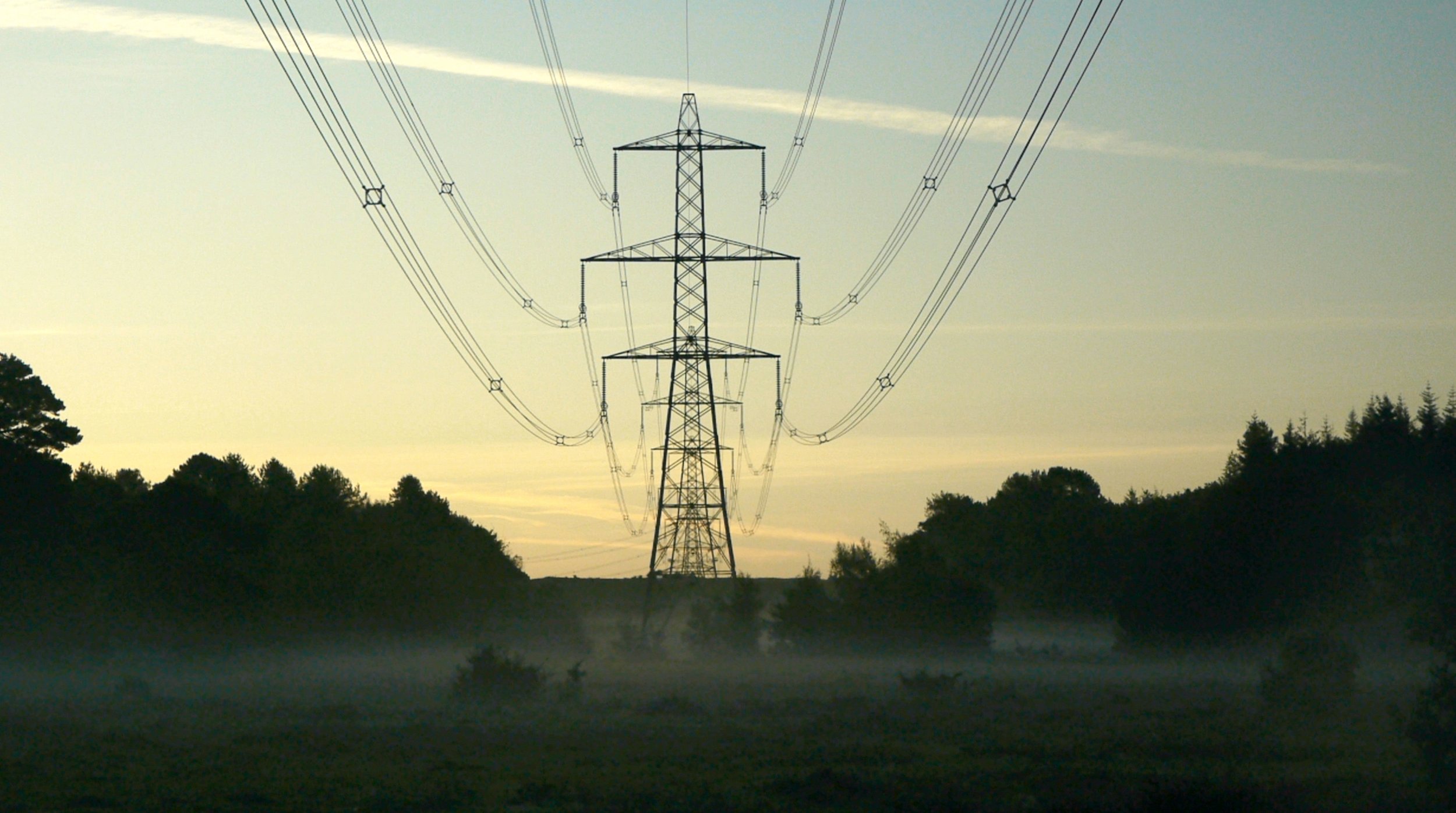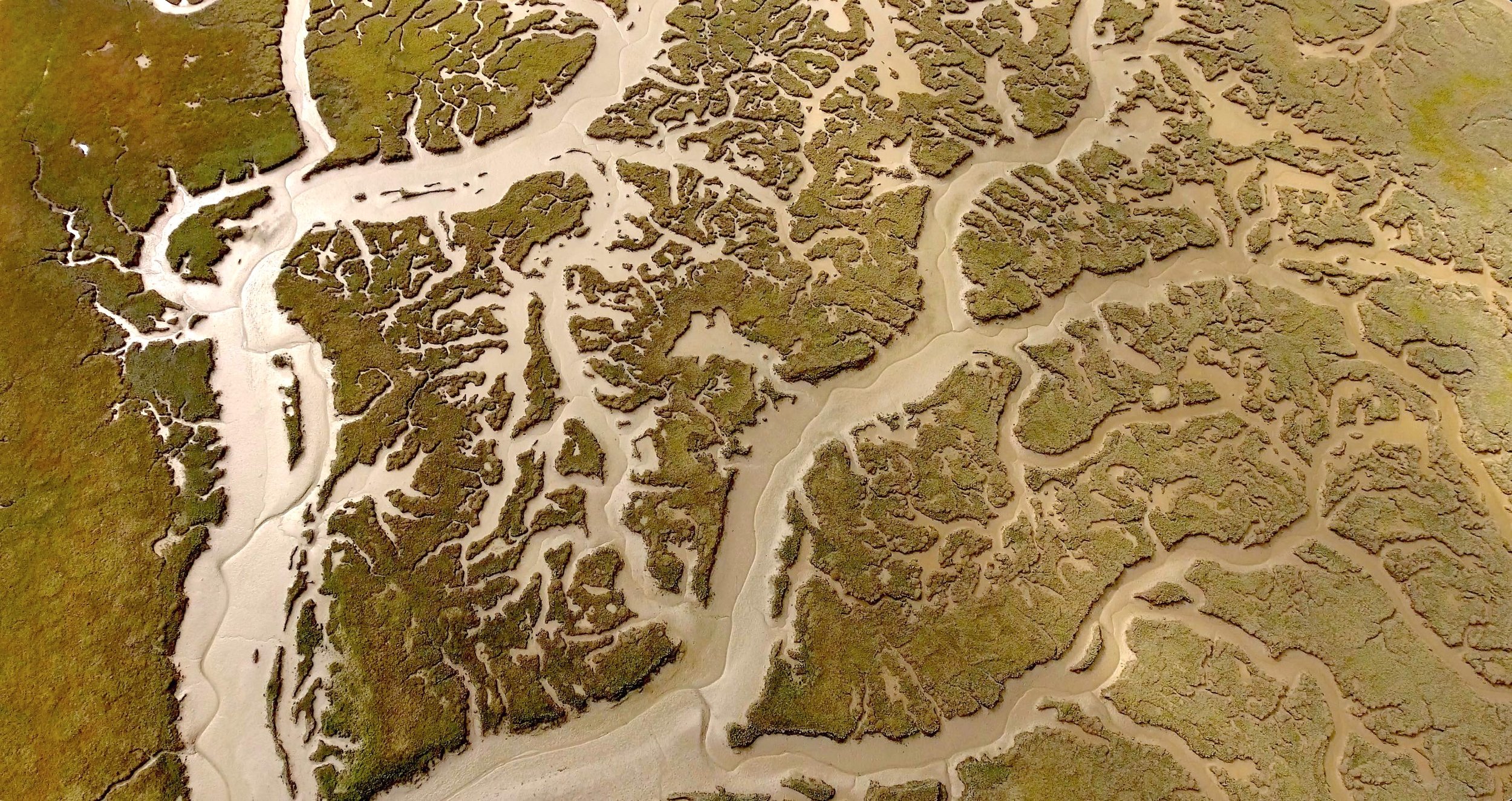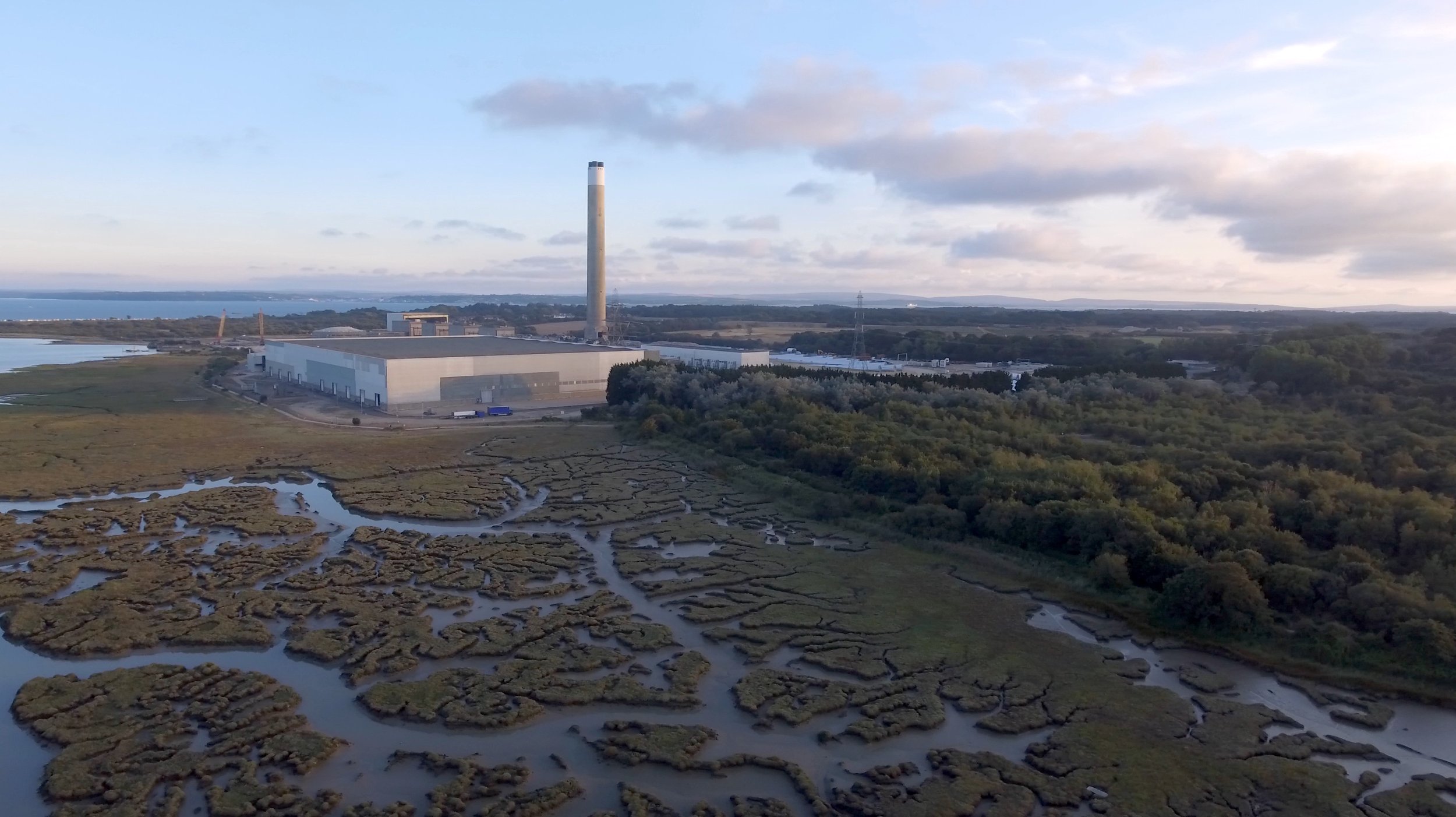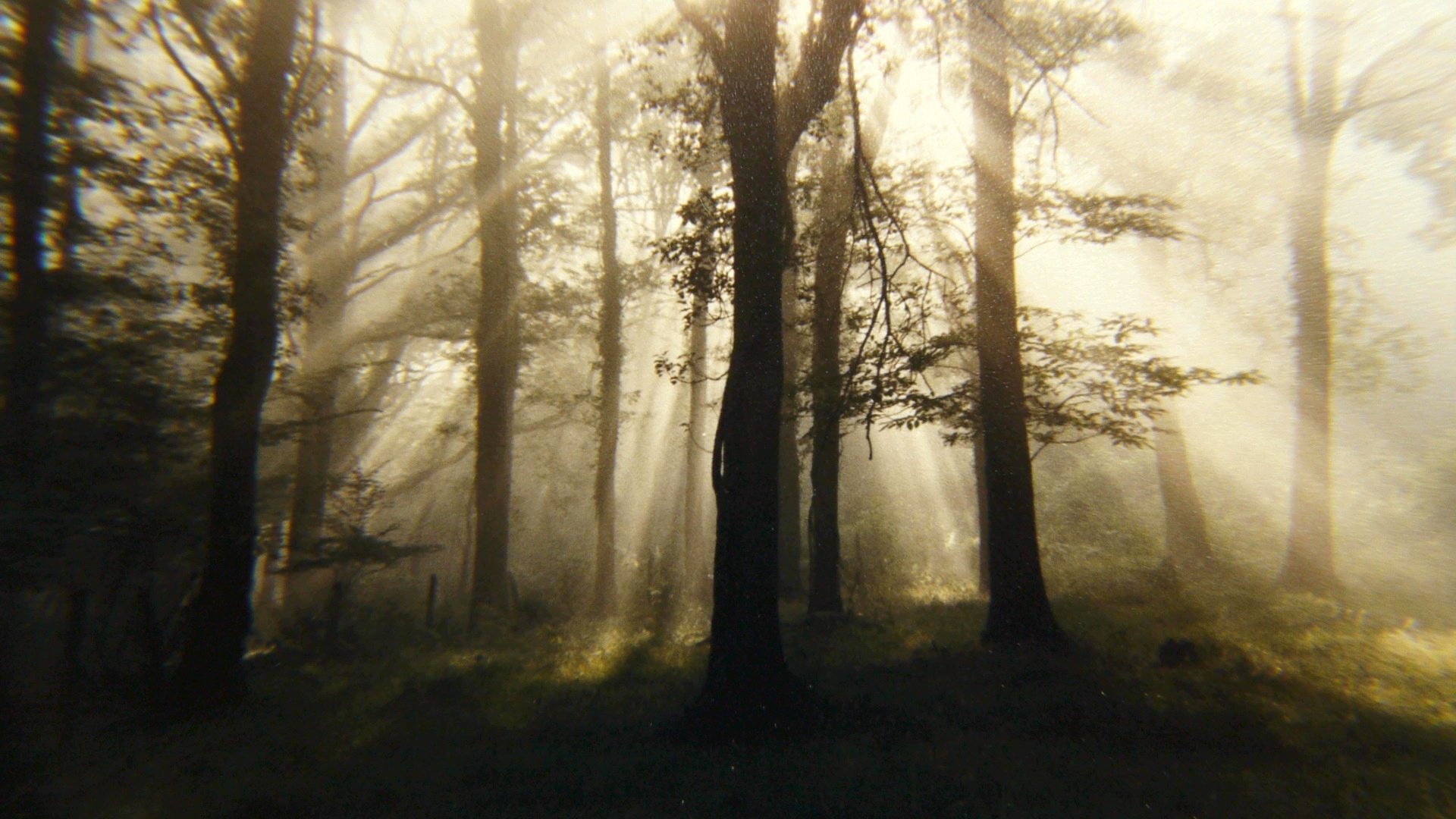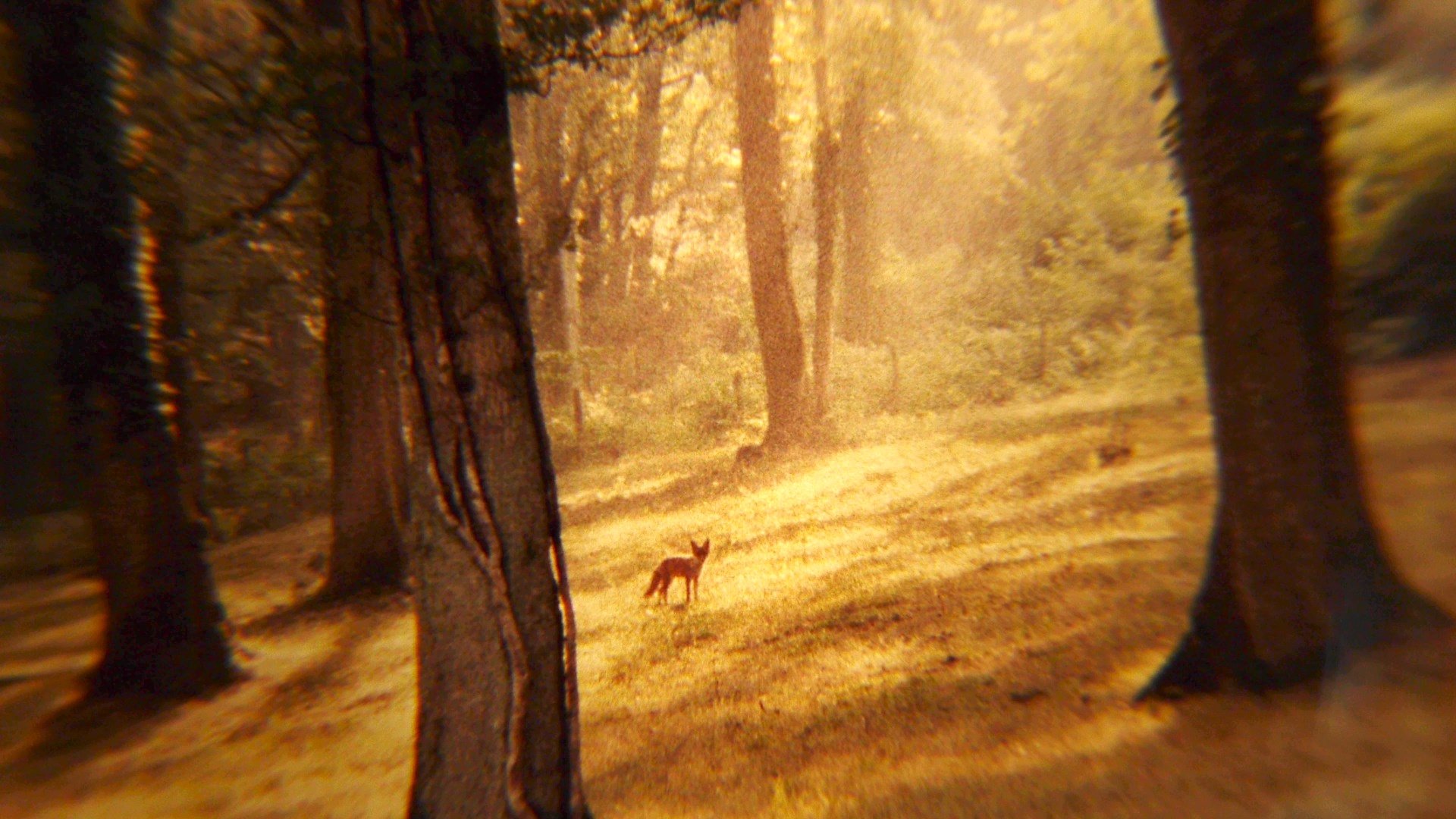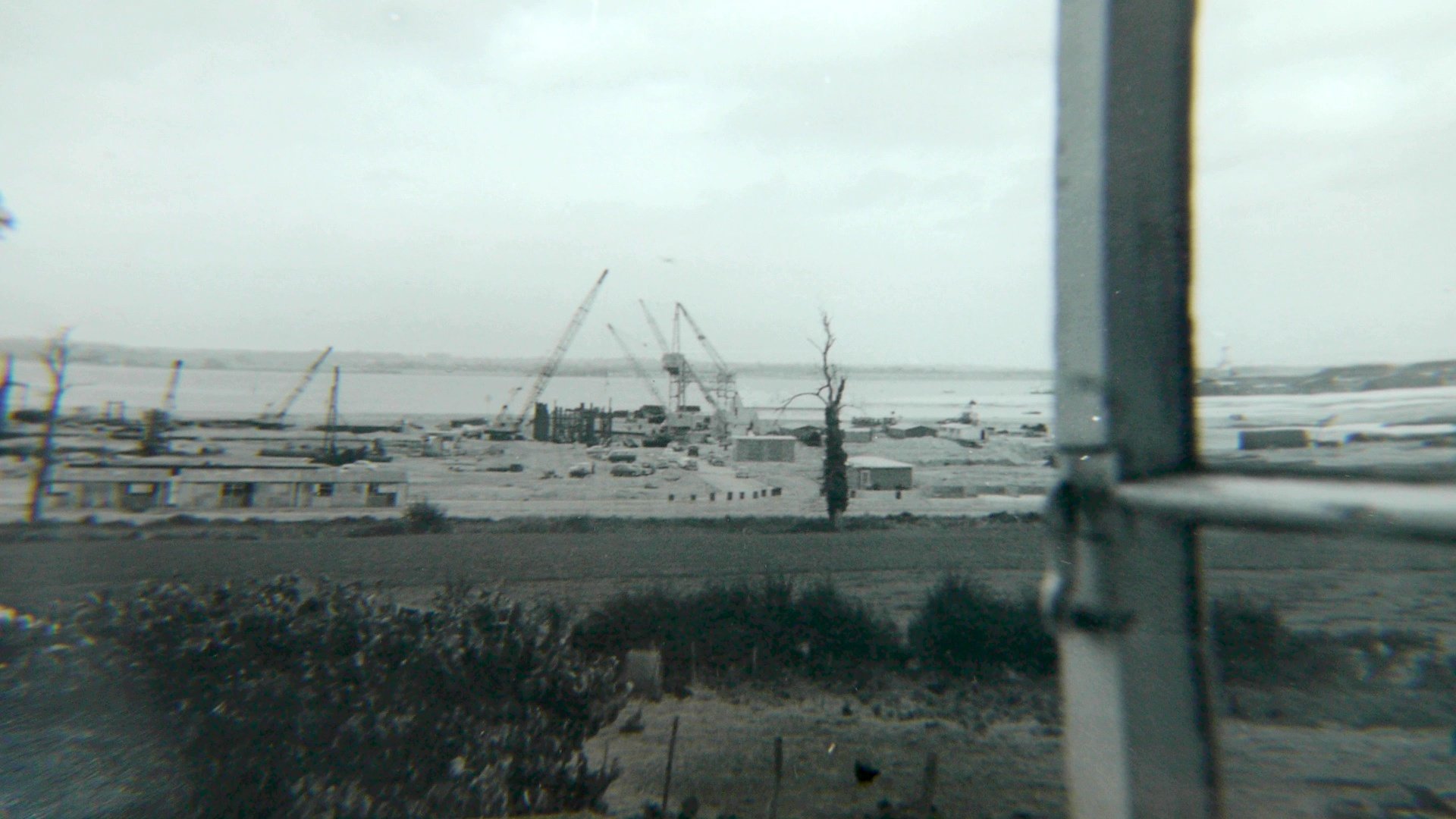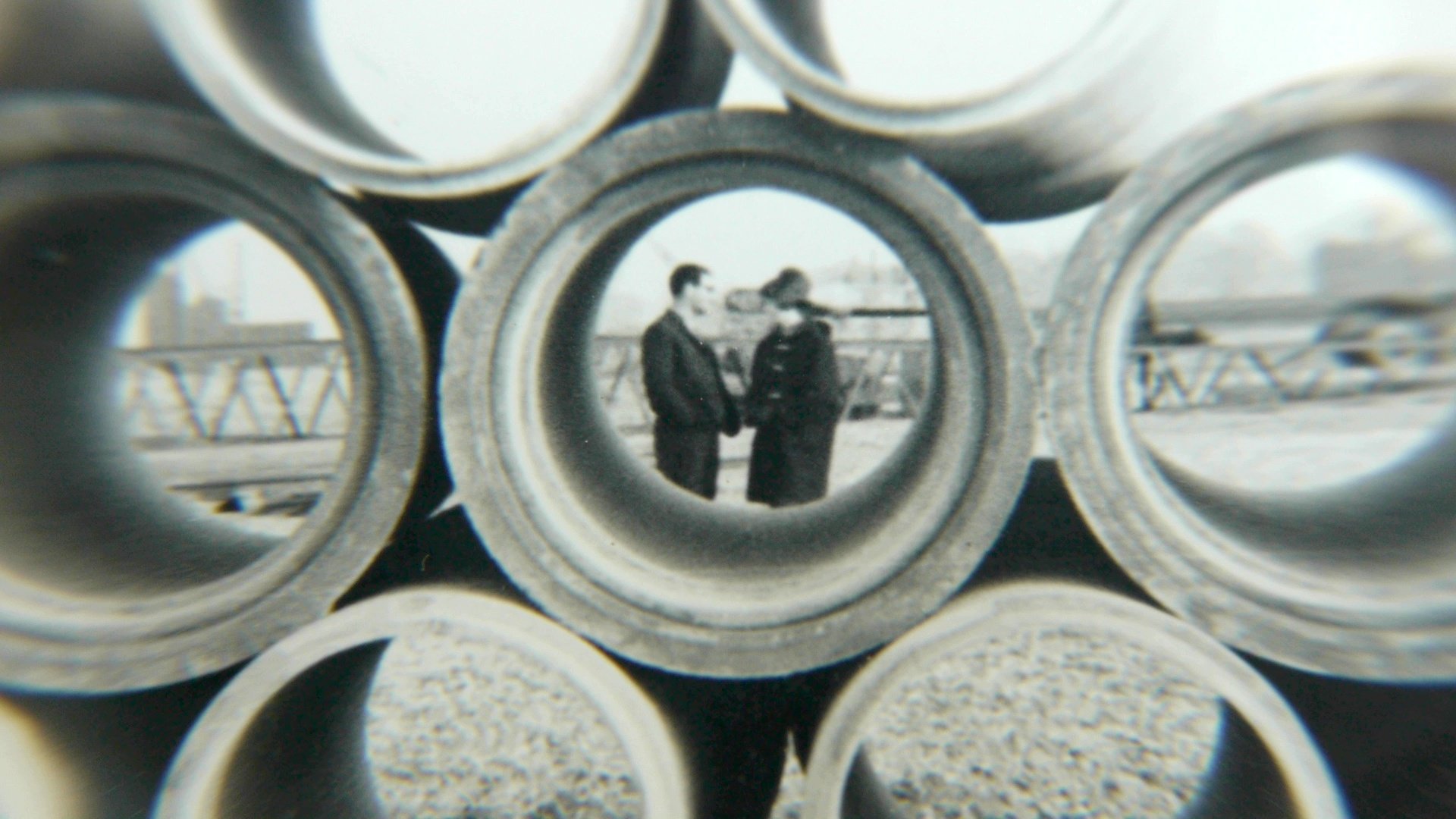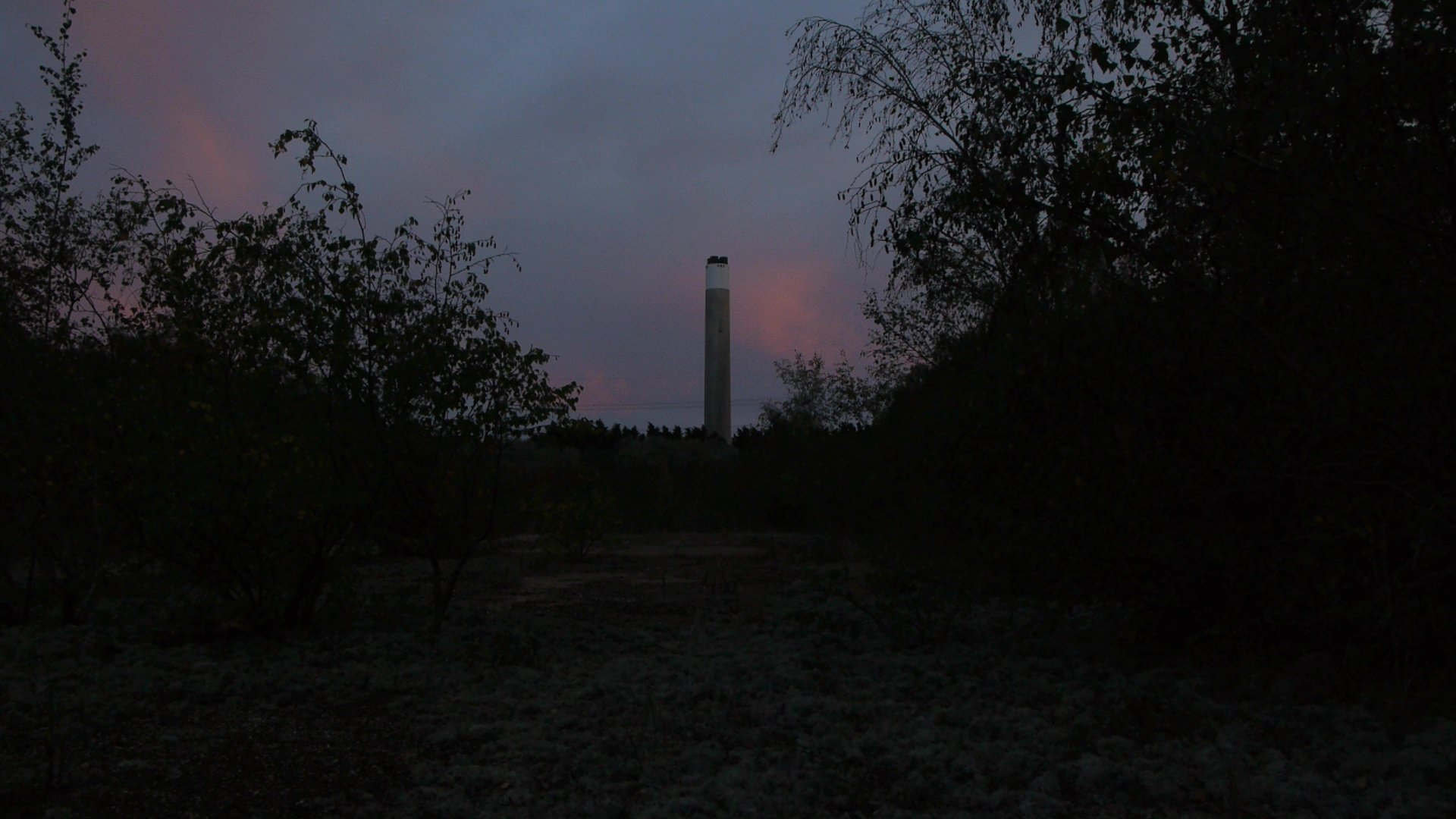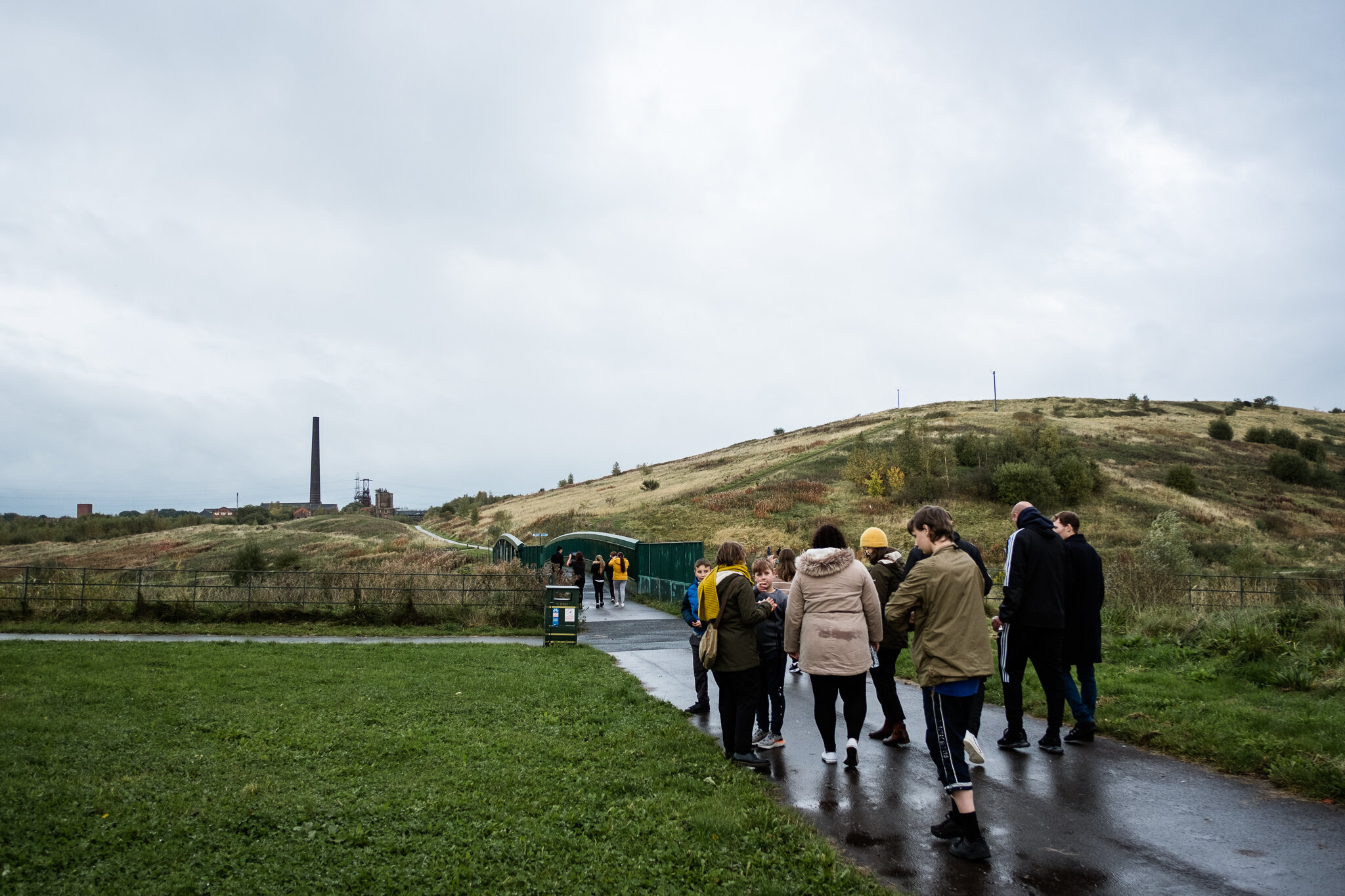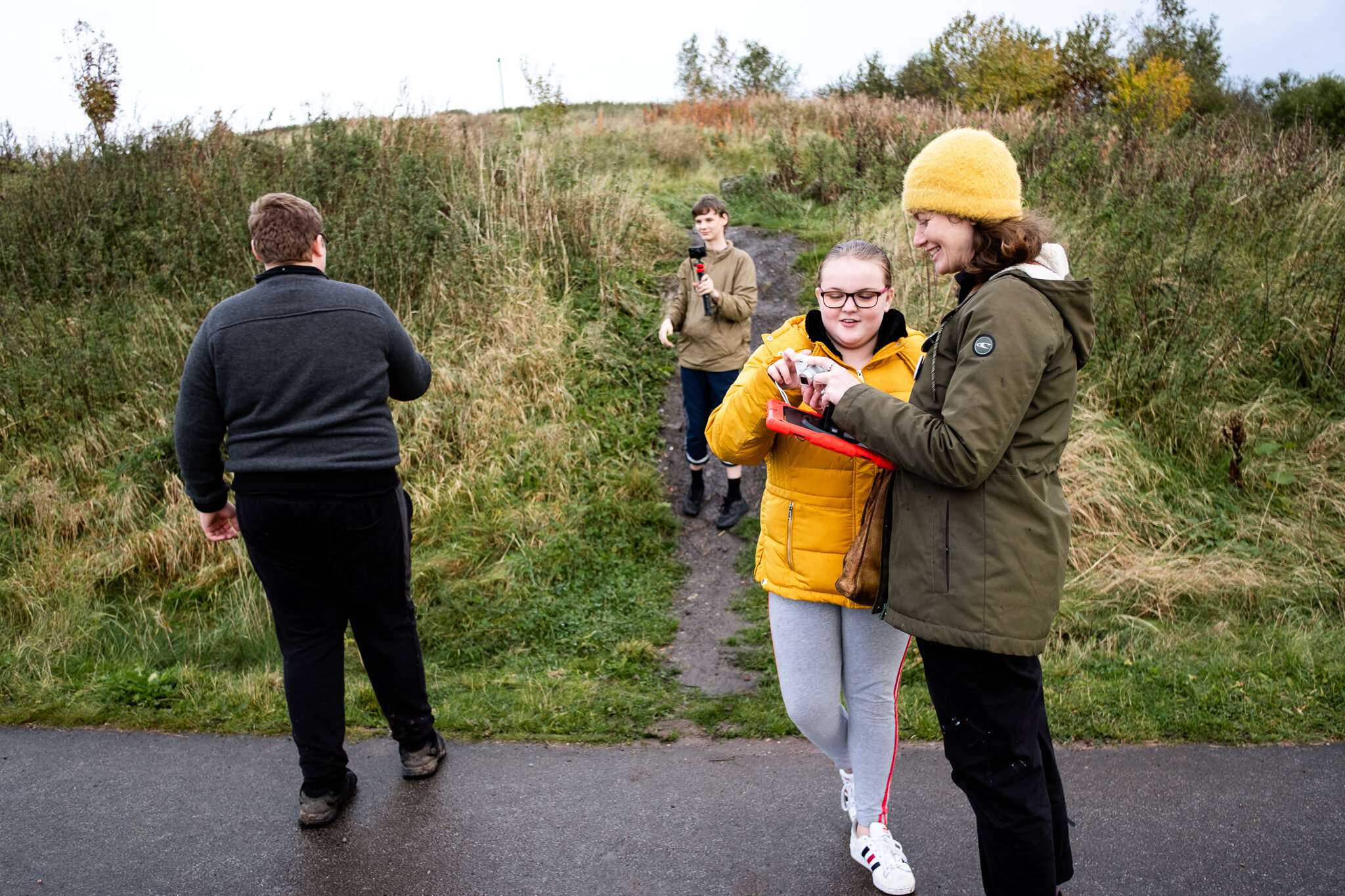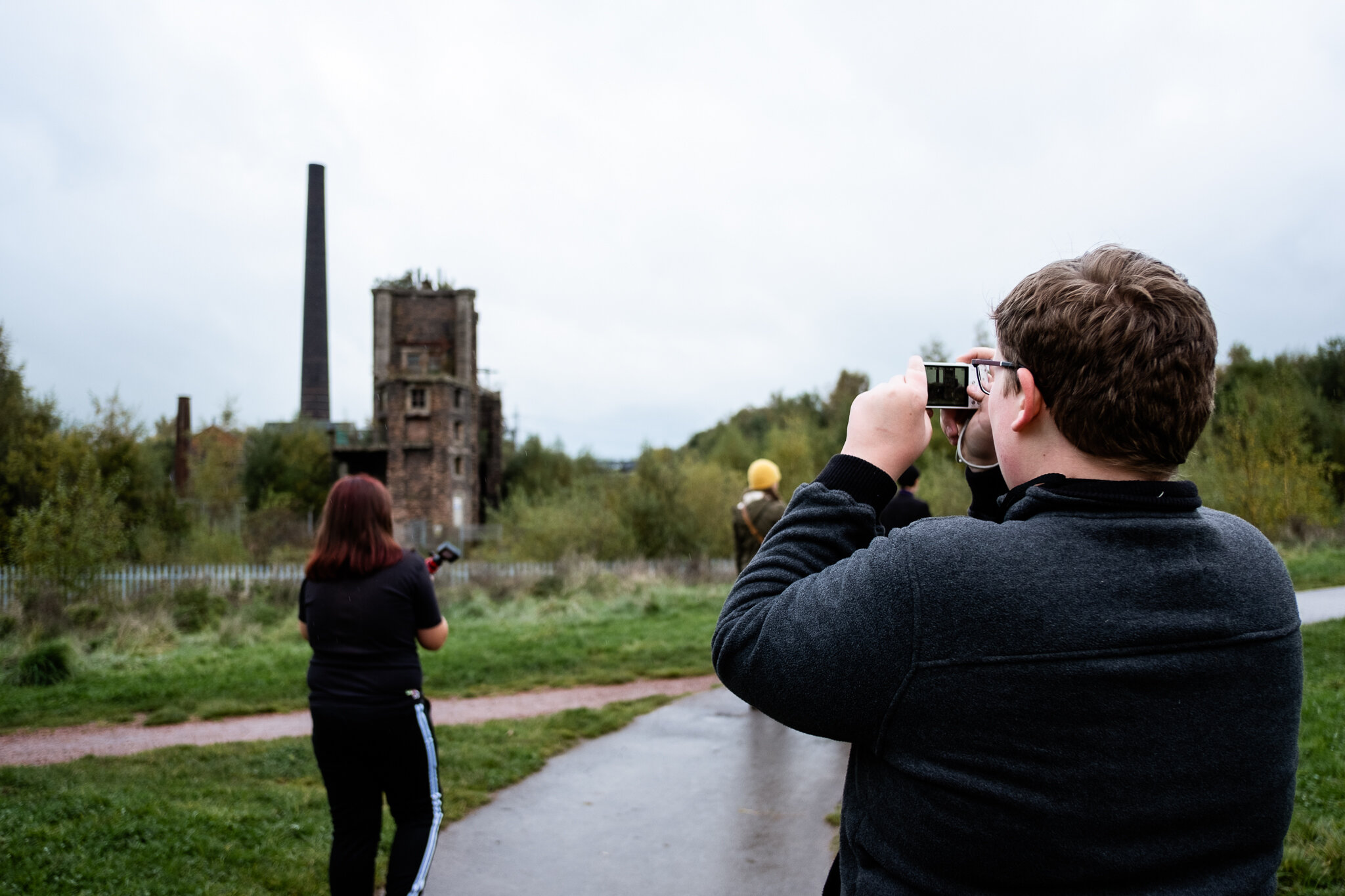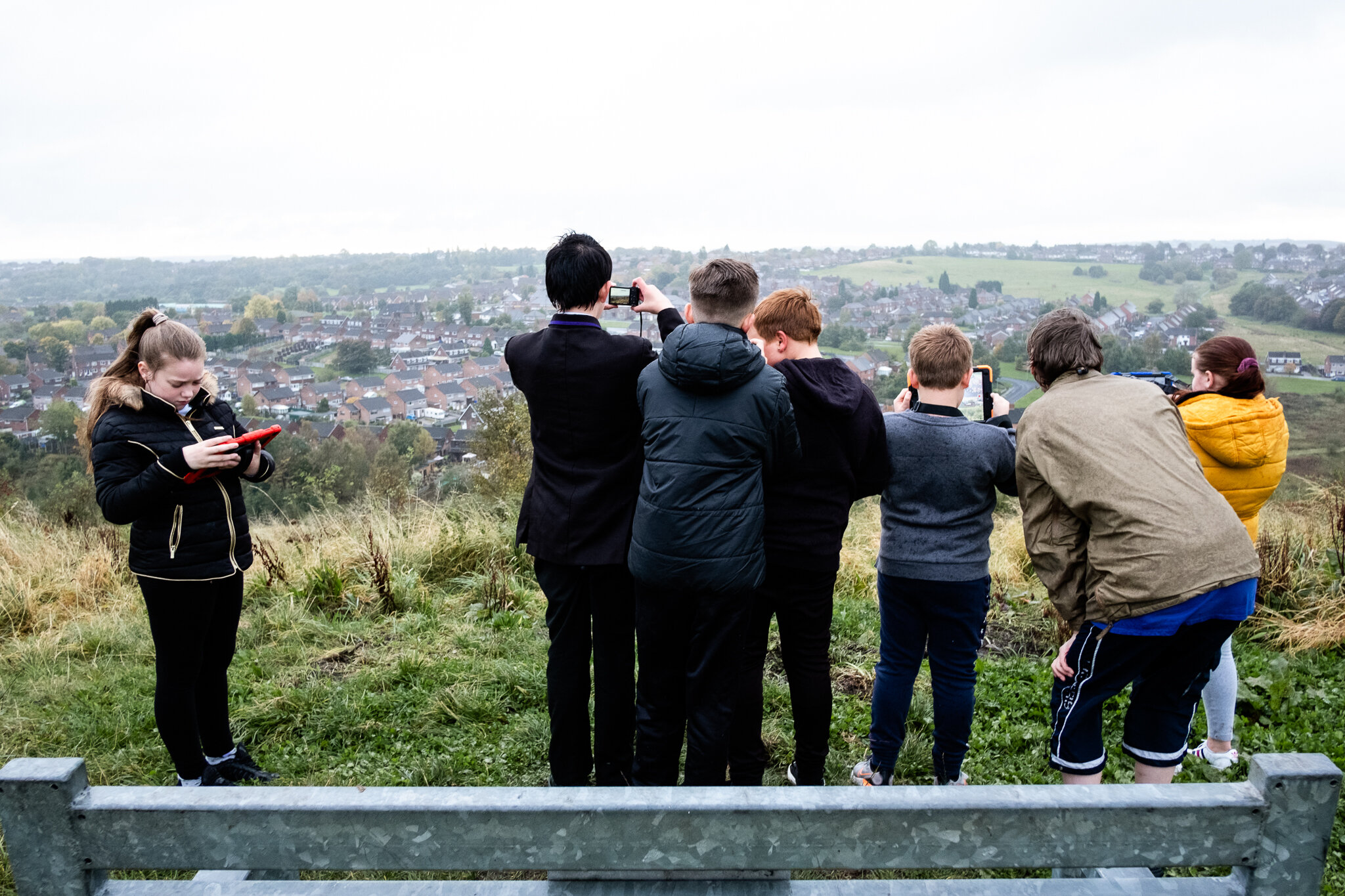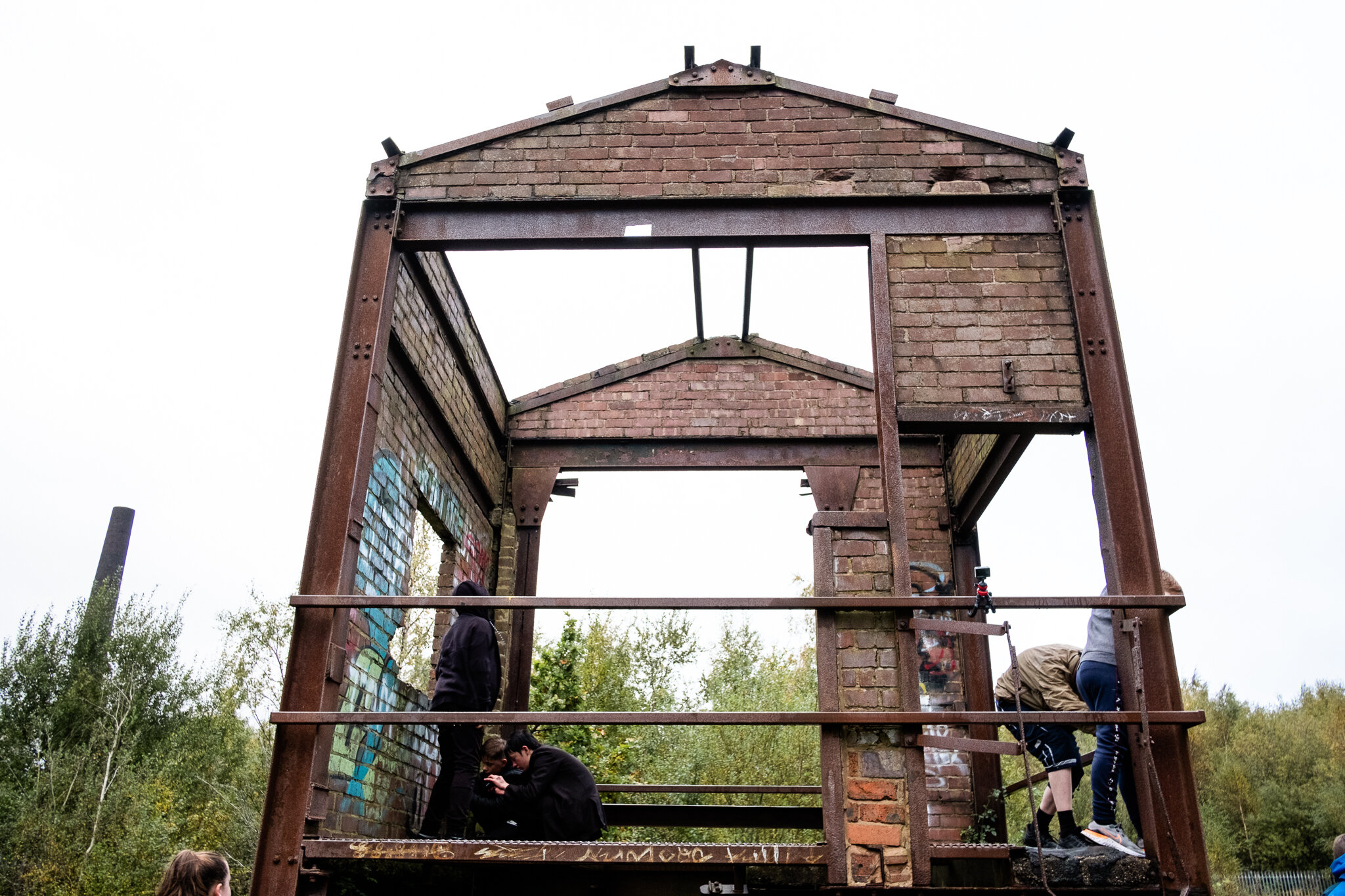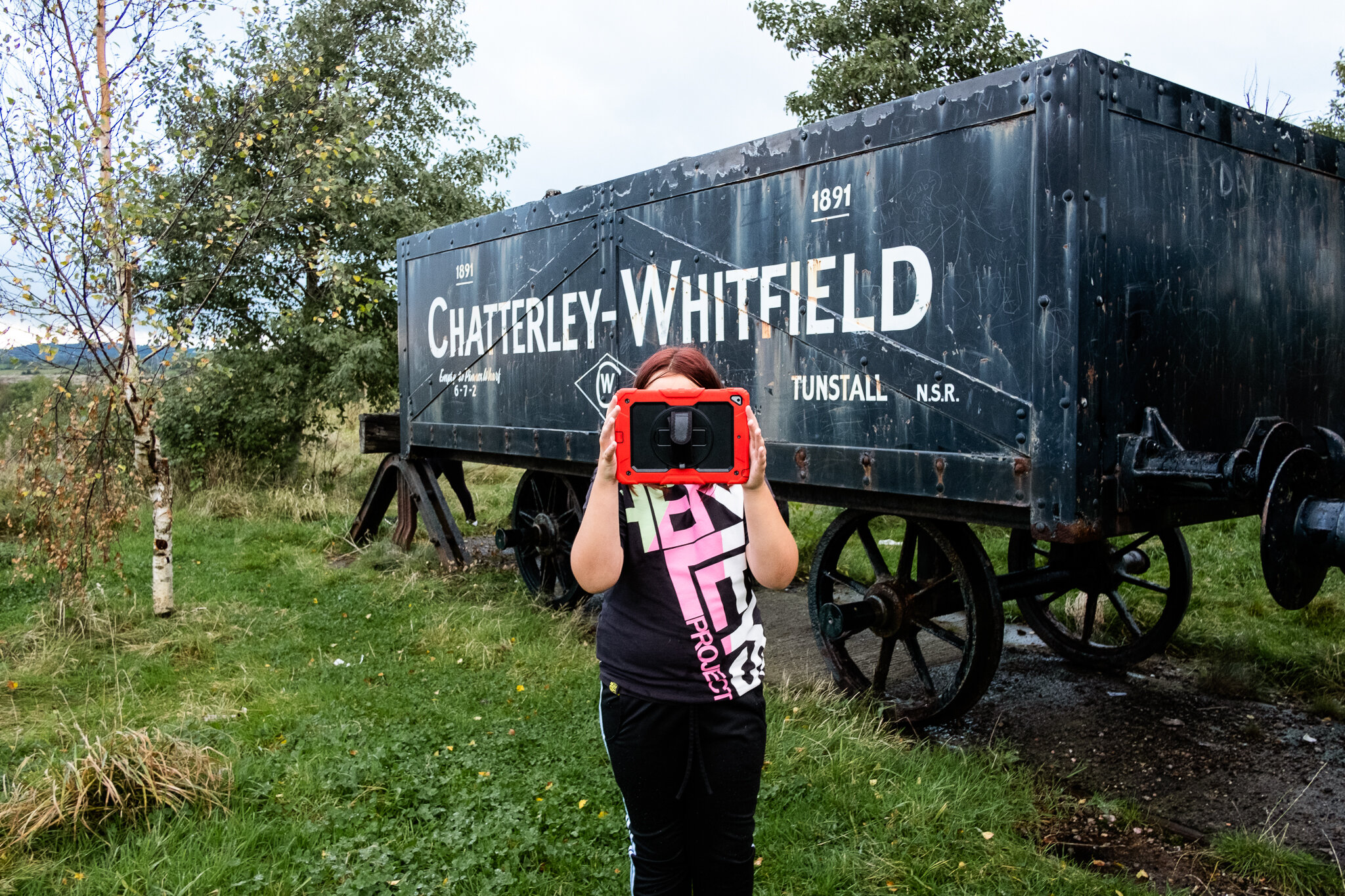Fawley oil-fired power station near Southampton operated for 40 years until it's closure in 2013 following new legislation limiting emissions. Chu-Li Shewring & Adam Gutch produced an award-winning short film 'Fawley' documenting the life of the power station and the changing landscape of the Solent as the 200m chimney tower was demolished in October 2021.
‘Fawley’ has recently won the International Short Film Competition at Sheffield DocFest 2022. The jury, Zeynep Güzel, Cherish Oteka and Saskia Wilson said:
“This is a distinctive and beautifully crafted exploration of the intersection of nature, architecture and the human experience. Bringing together the many voices involved in the landscape – power plant workers, bird watchers, local people and the creatures inhabiting the space – the film is a powerful poetic reflection on the psychological role of our surroundings and our symbiotic relationship with nature. It is fantastically detailed, from observing the beauty in the Brutalist architecture to the tiny minnows swimming in the shallows, the film connects the audience with a range of universal themes such as ‘power’ structures, preserving nature and the impact we leave on our environment.”
The film includes interviews with local residents supported by Friends of the New Forest and New Forest Heritage Centre, and archive footage from Wessex Film and Sound Archive.
about chu-li shewring & adam gutch
Chu-Li Shewring and Adam Gutch are filmmakers from the Isle of Wight. They studied documentary and sound at the National Film and Television School. Their films have screened on Channel4 and been nominated in competition at international festivals, including: The London Film Festival, IFF Rotterdam, Edinburgh IFF and Images Toronto, where they won a Jury Prize. Their work combines non-fictional and fictional elements to creatively explore uncanny aspects of people, nature and the environment.


